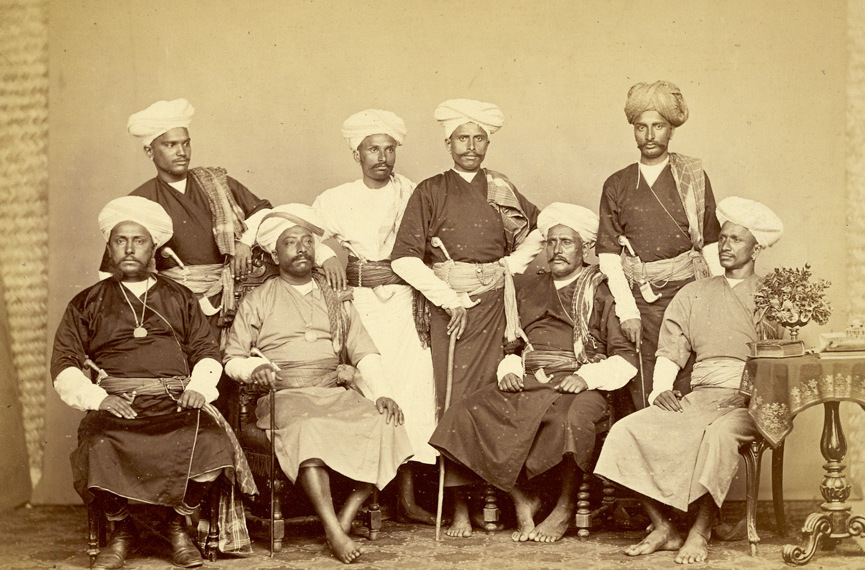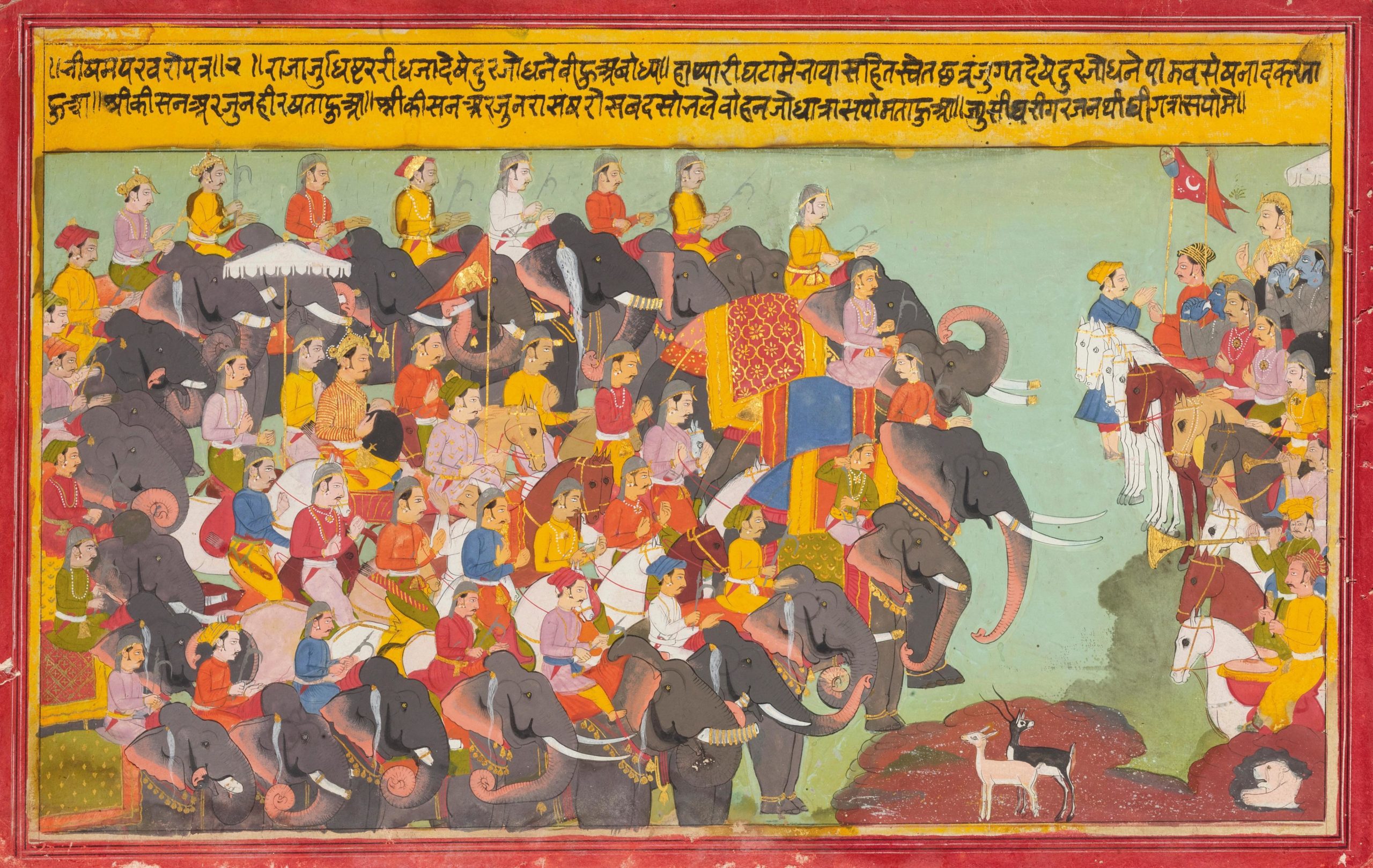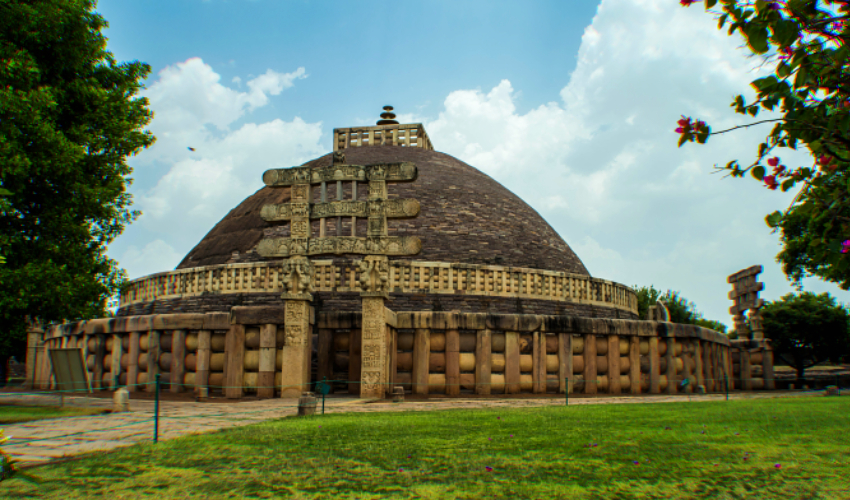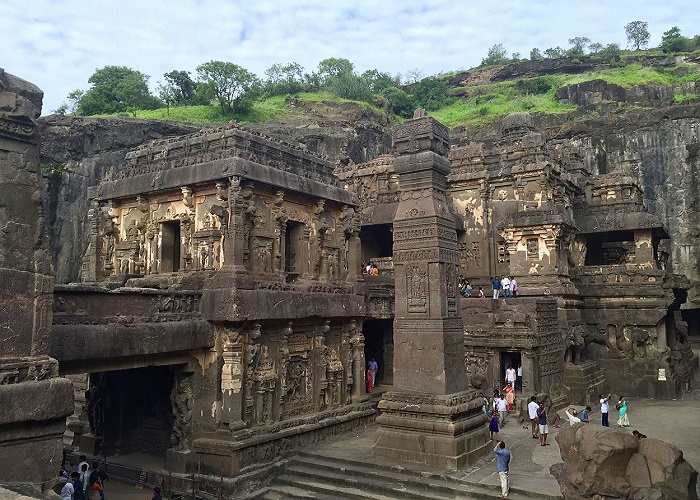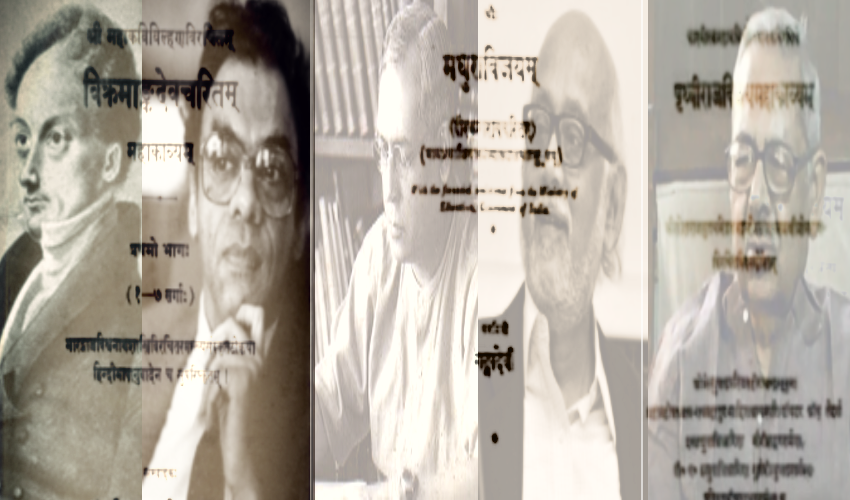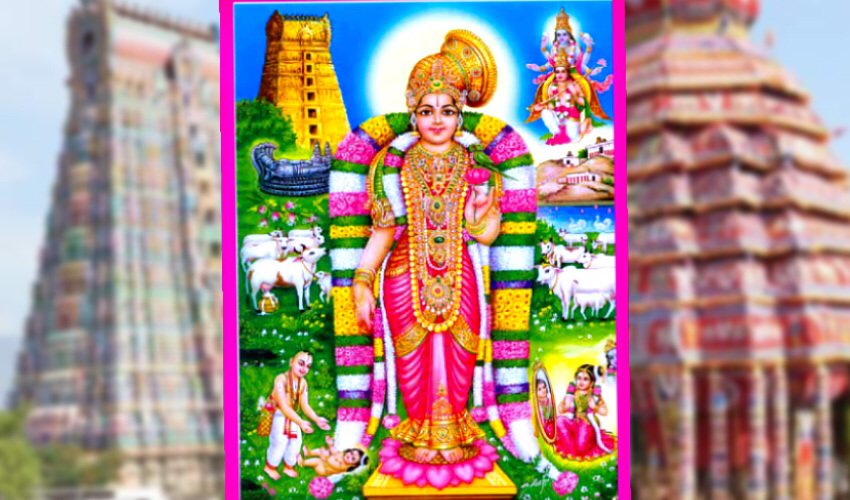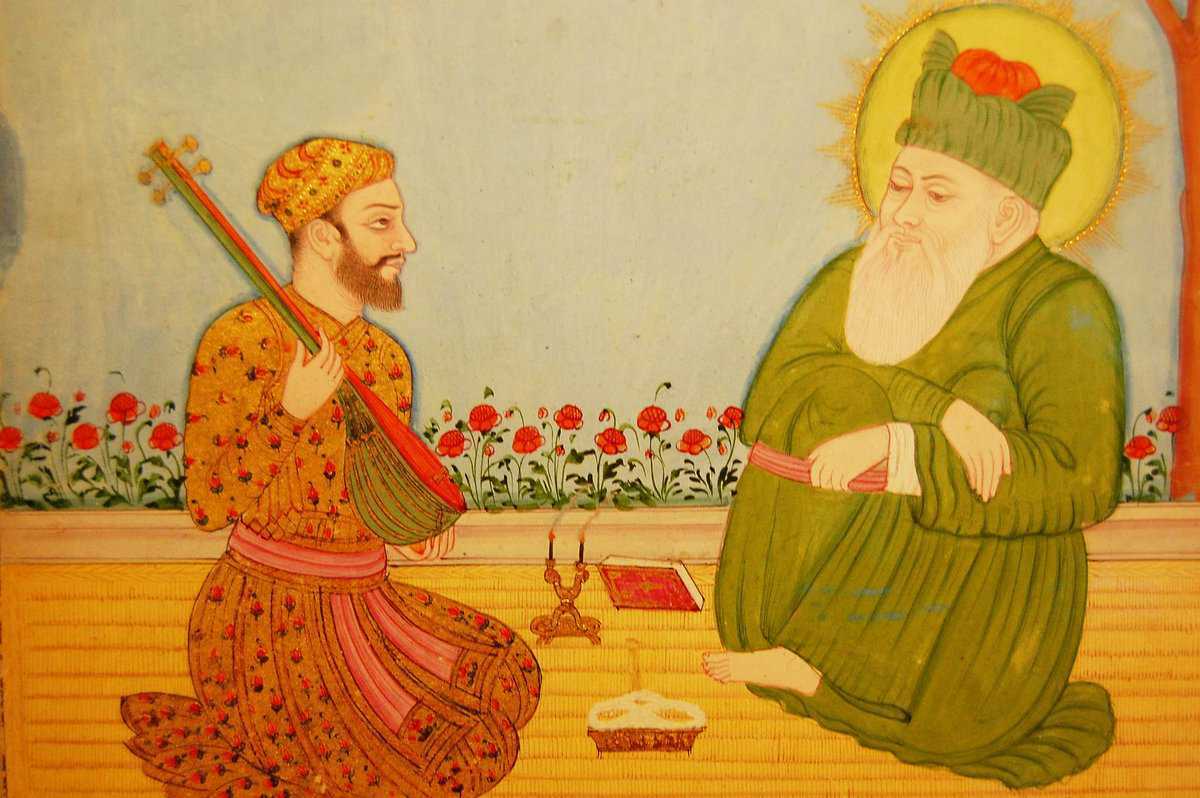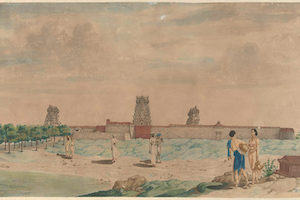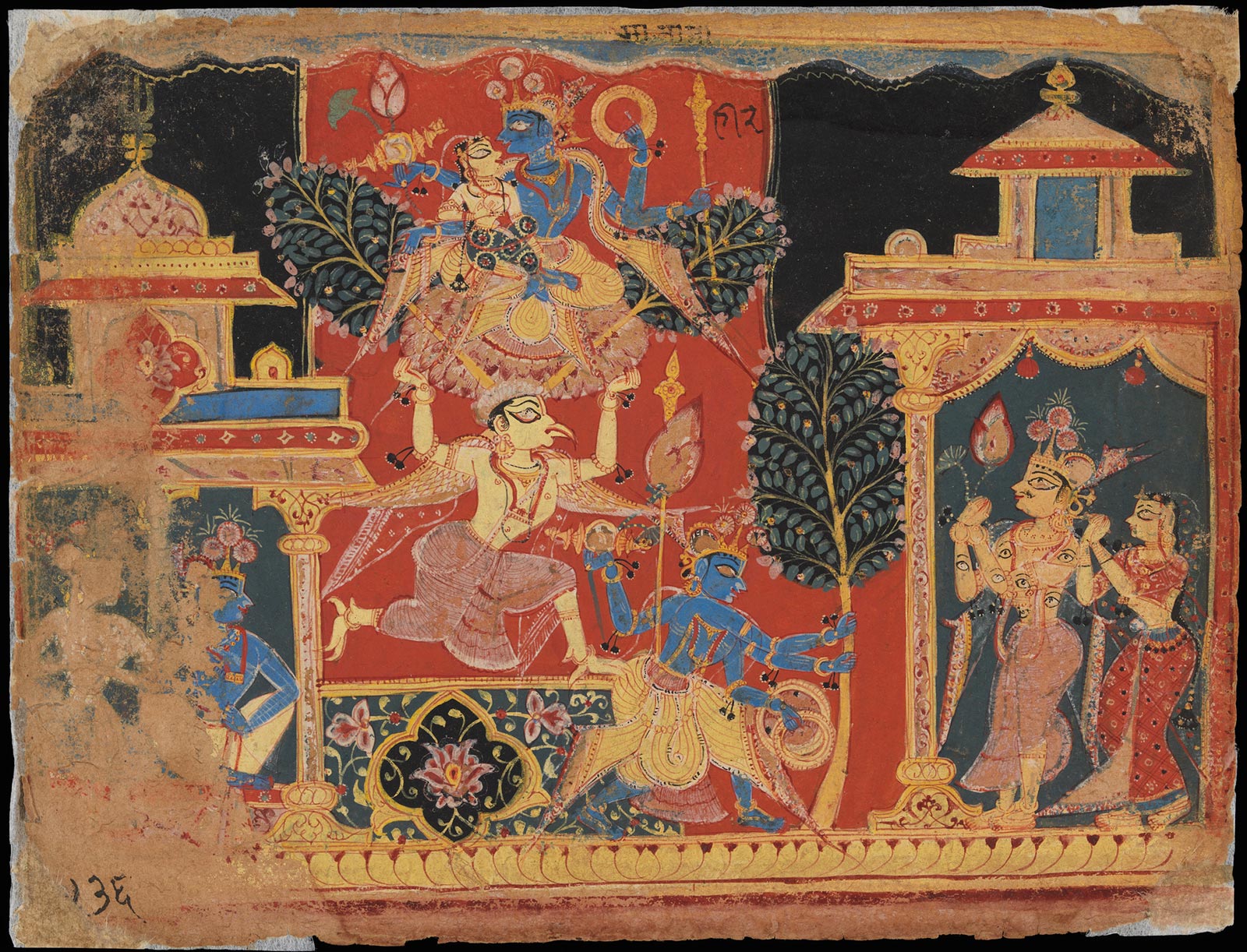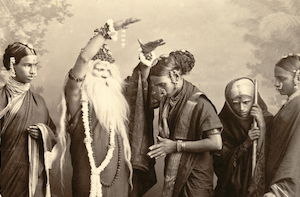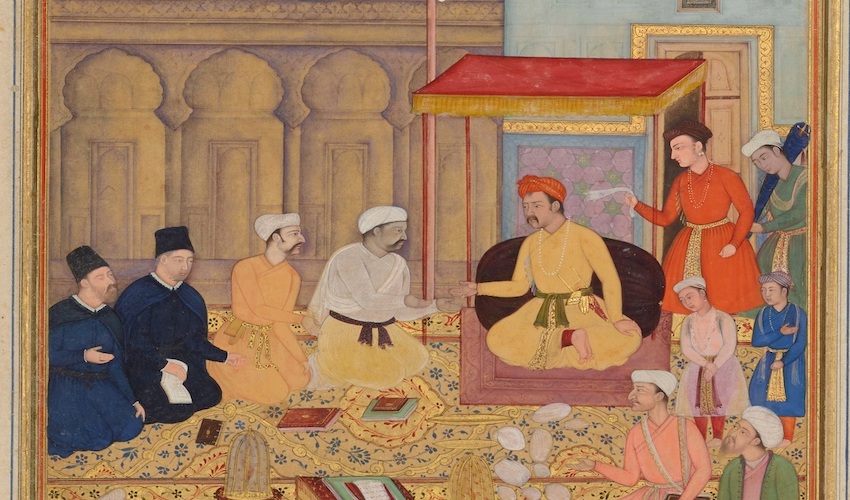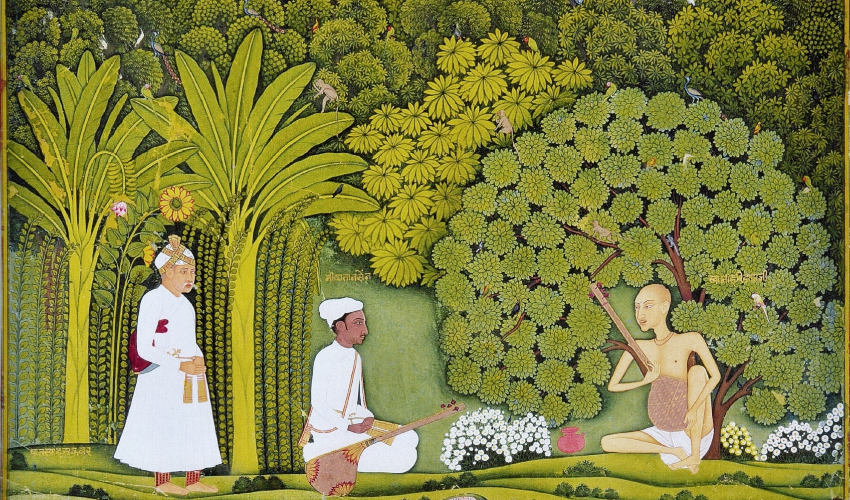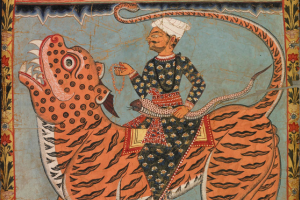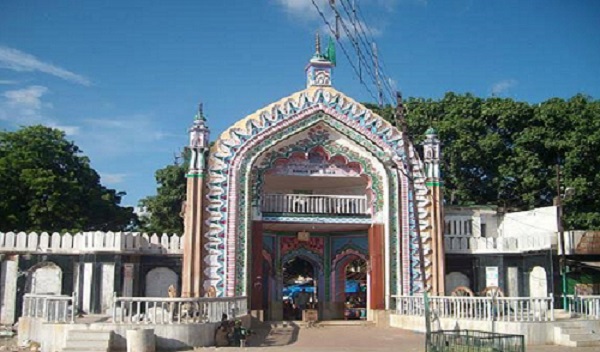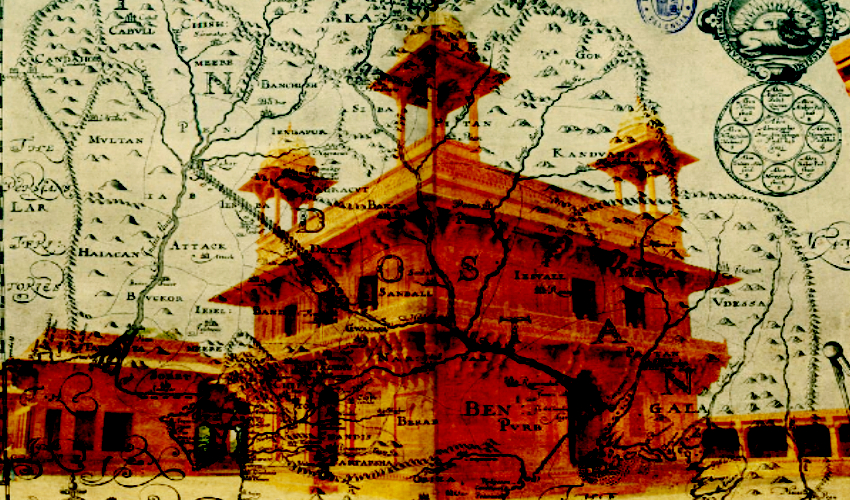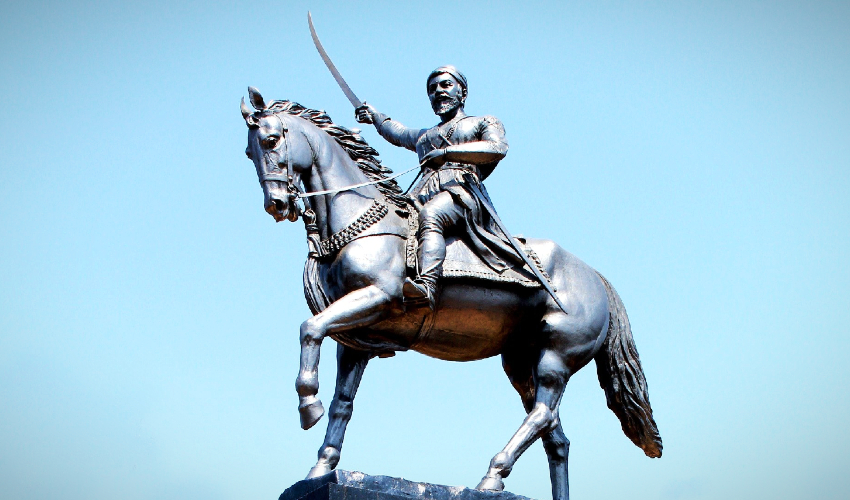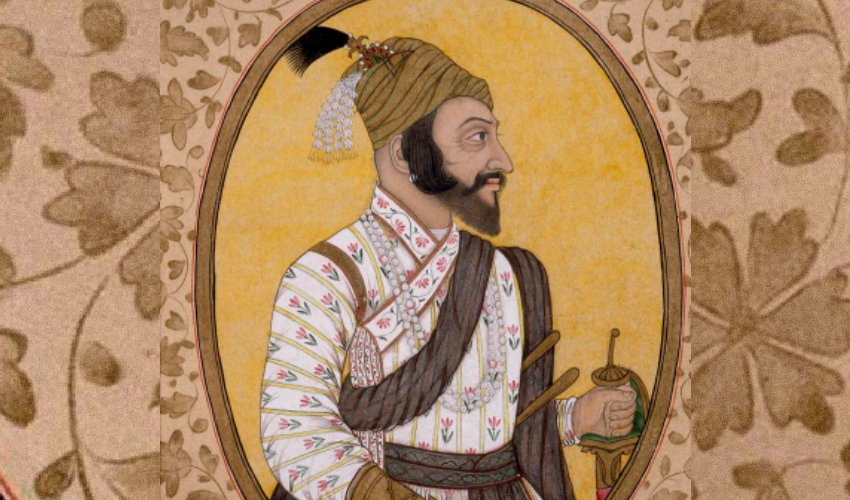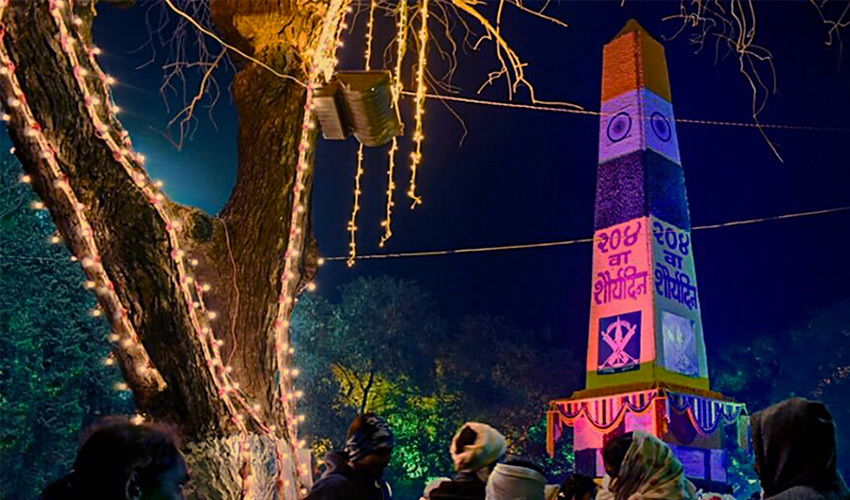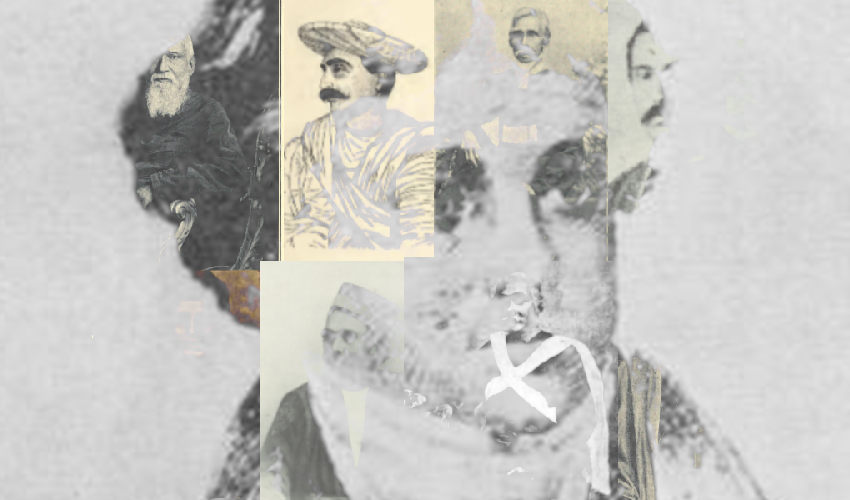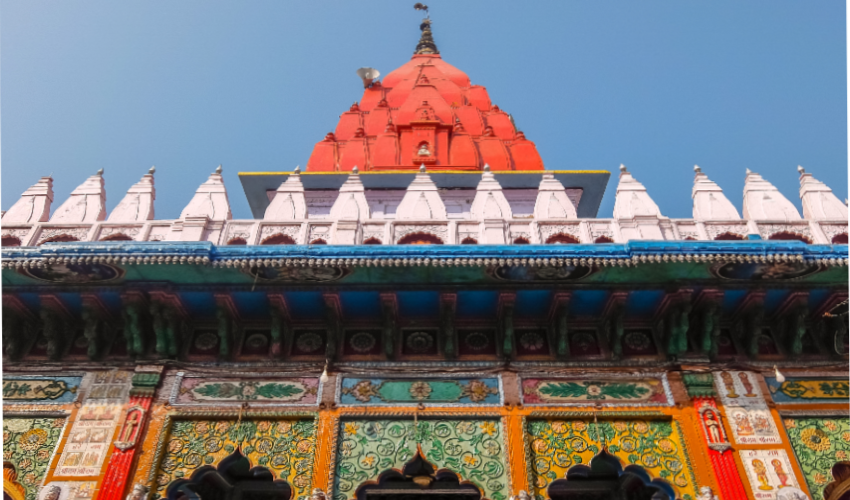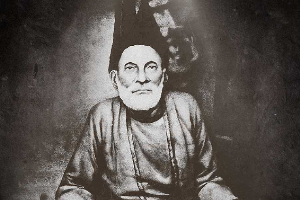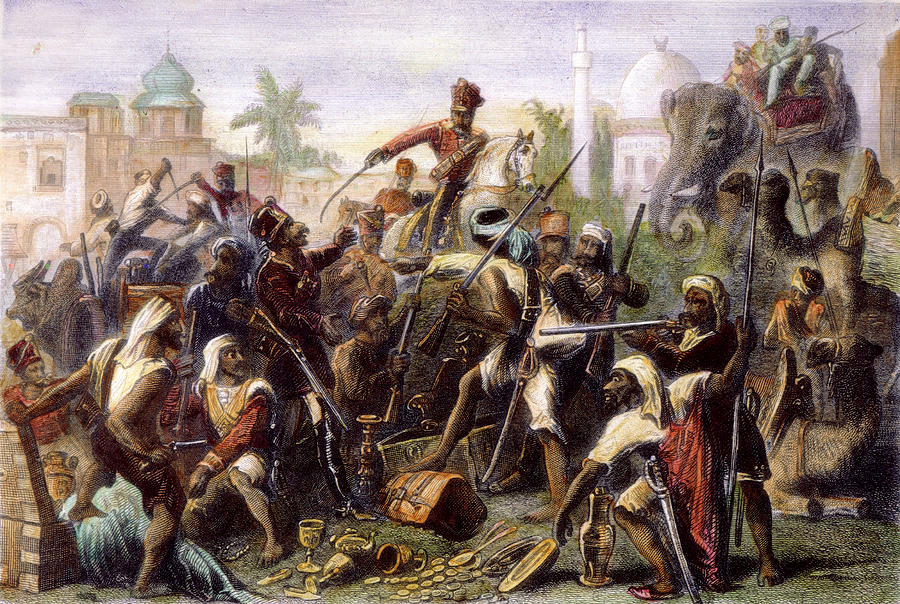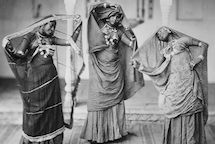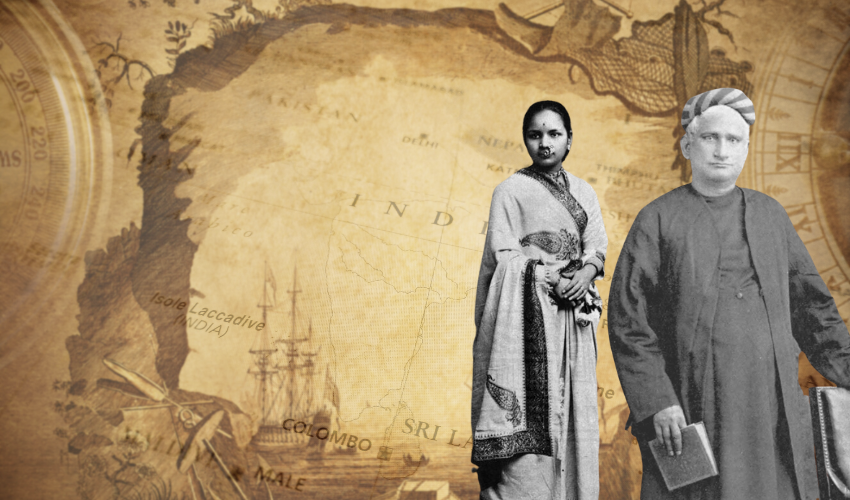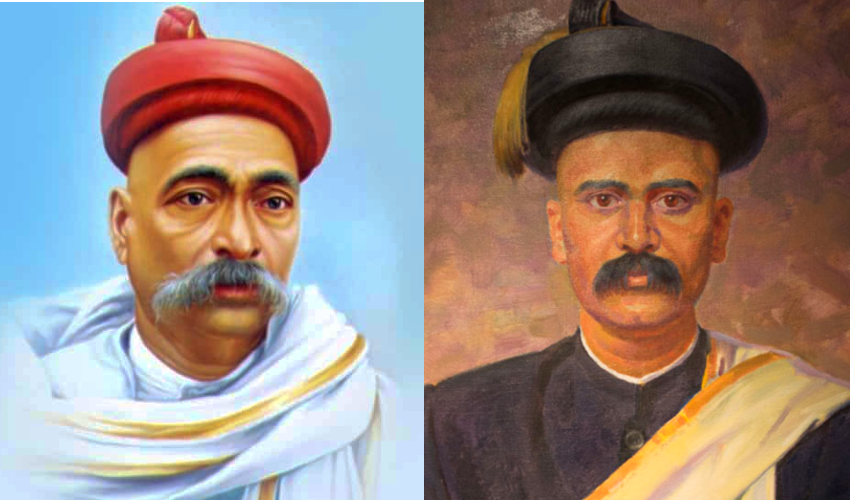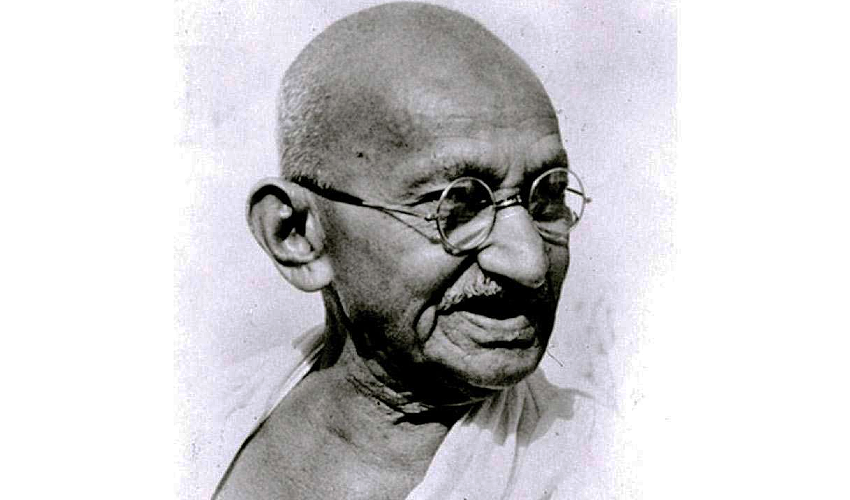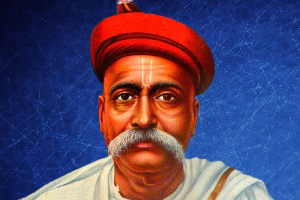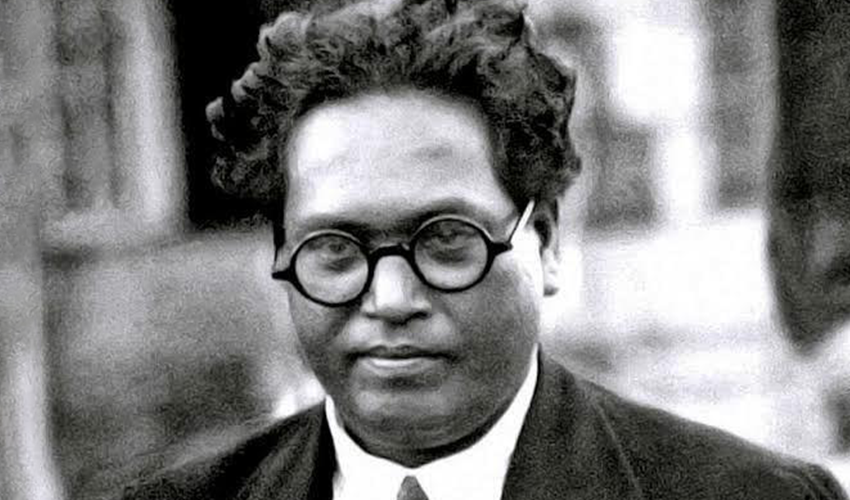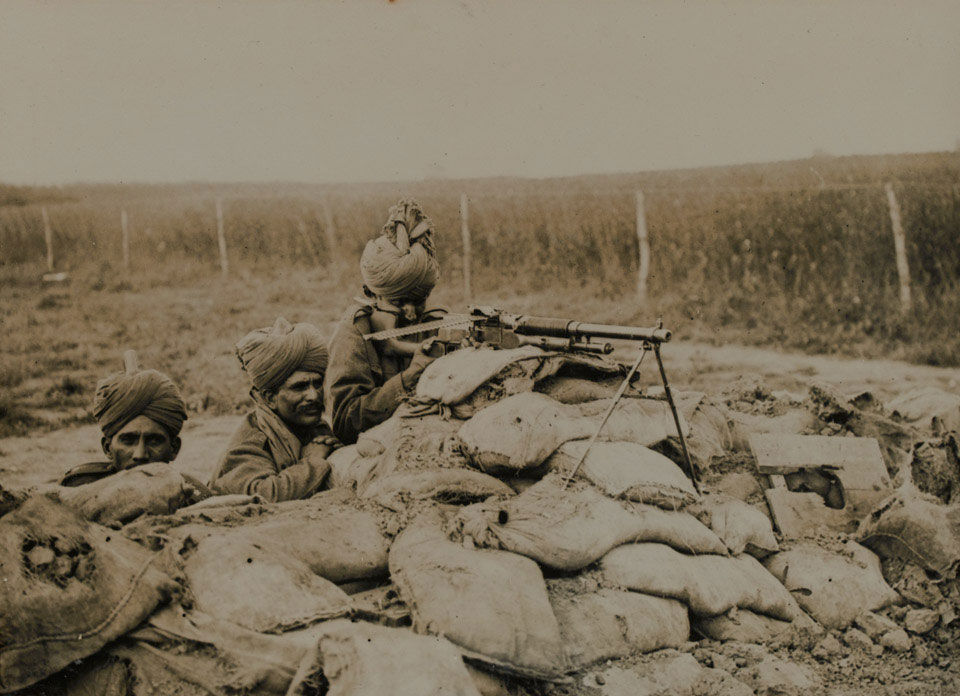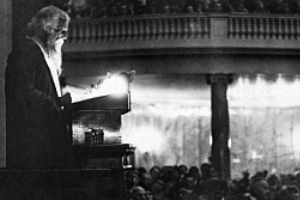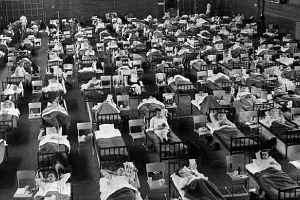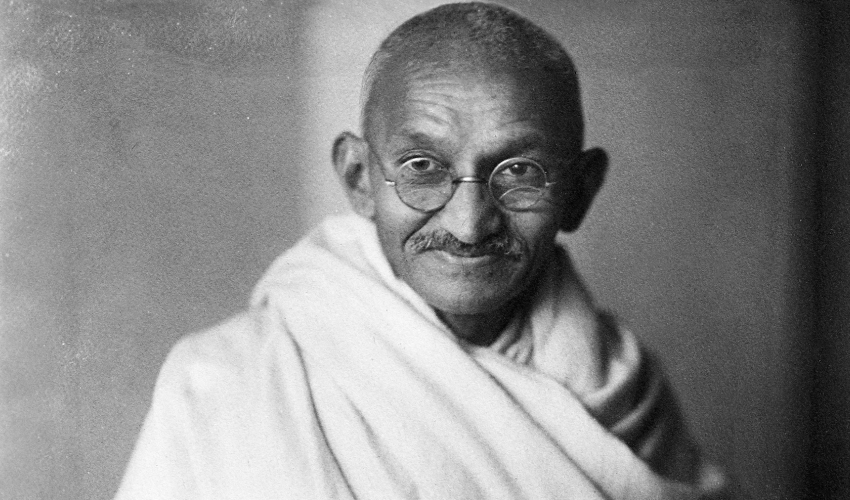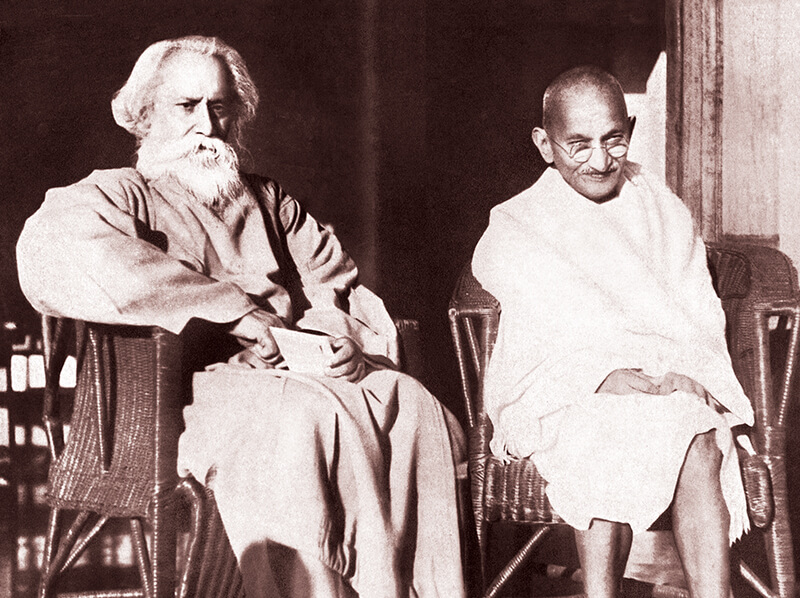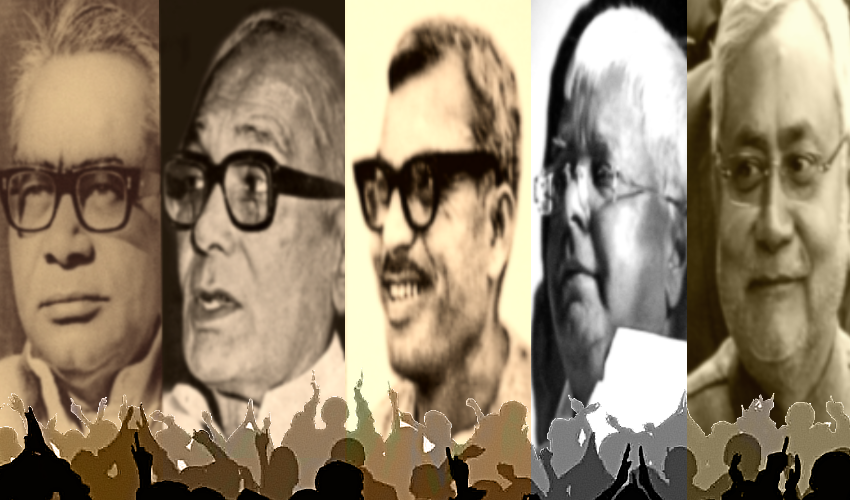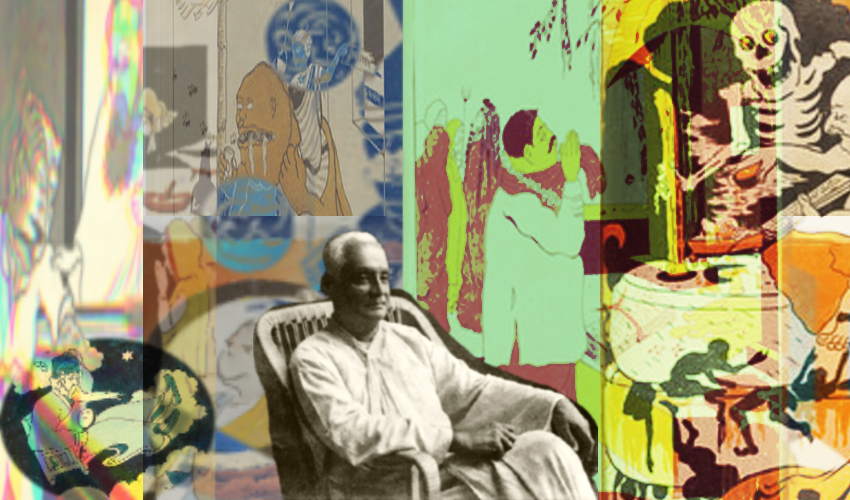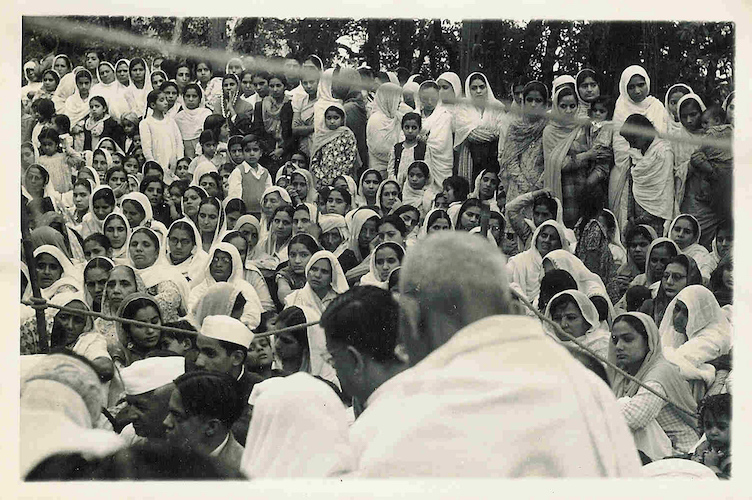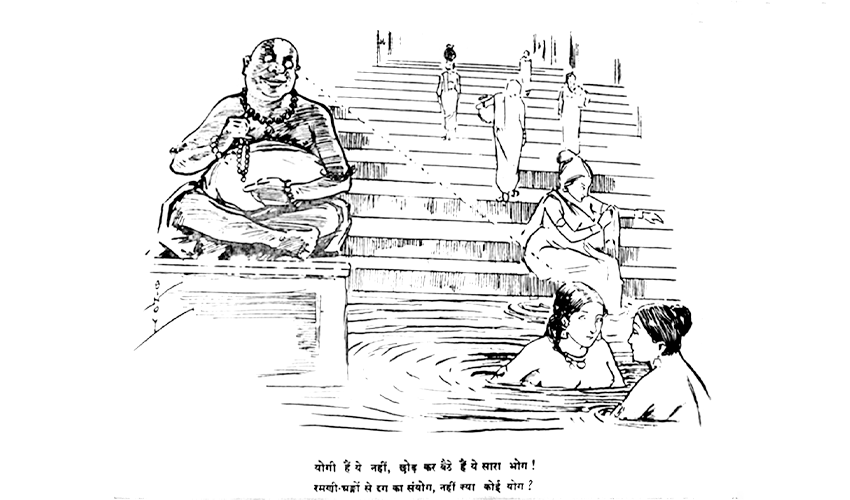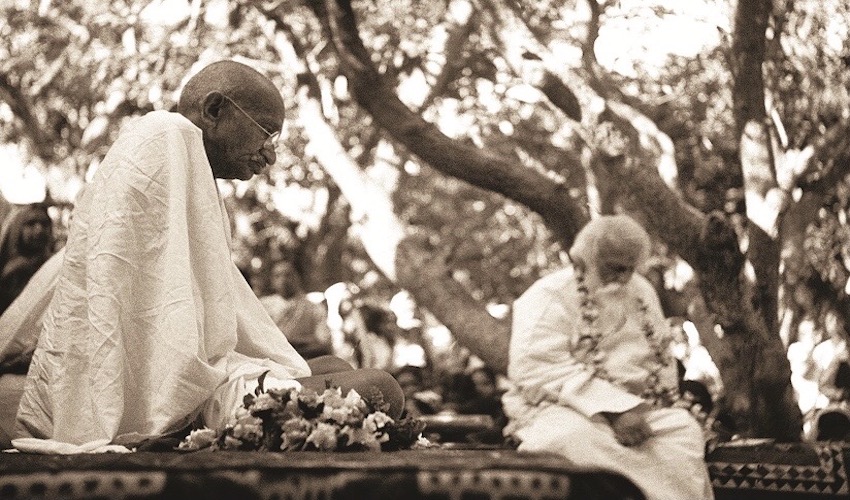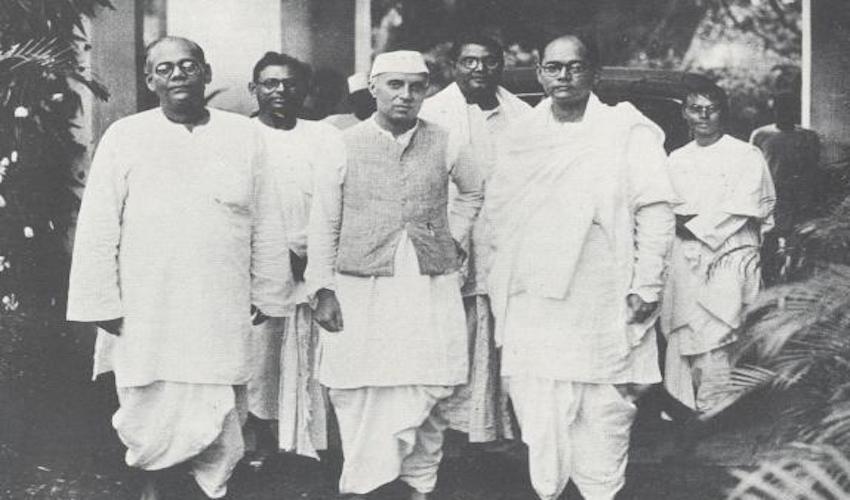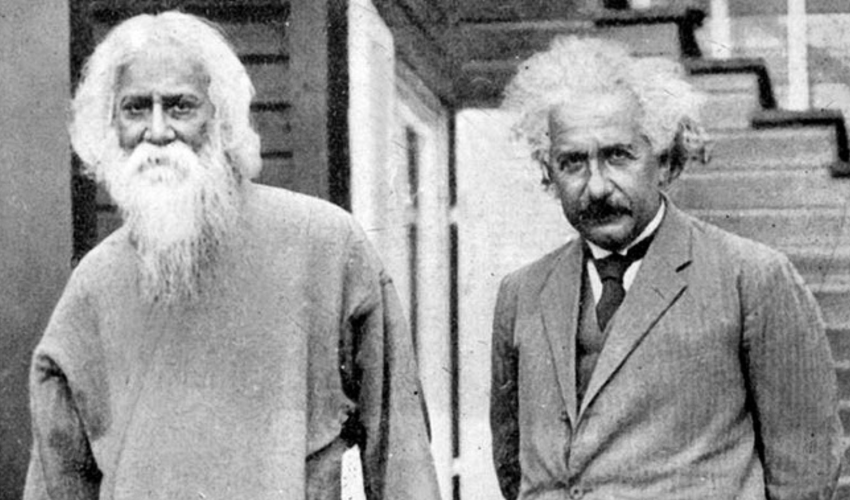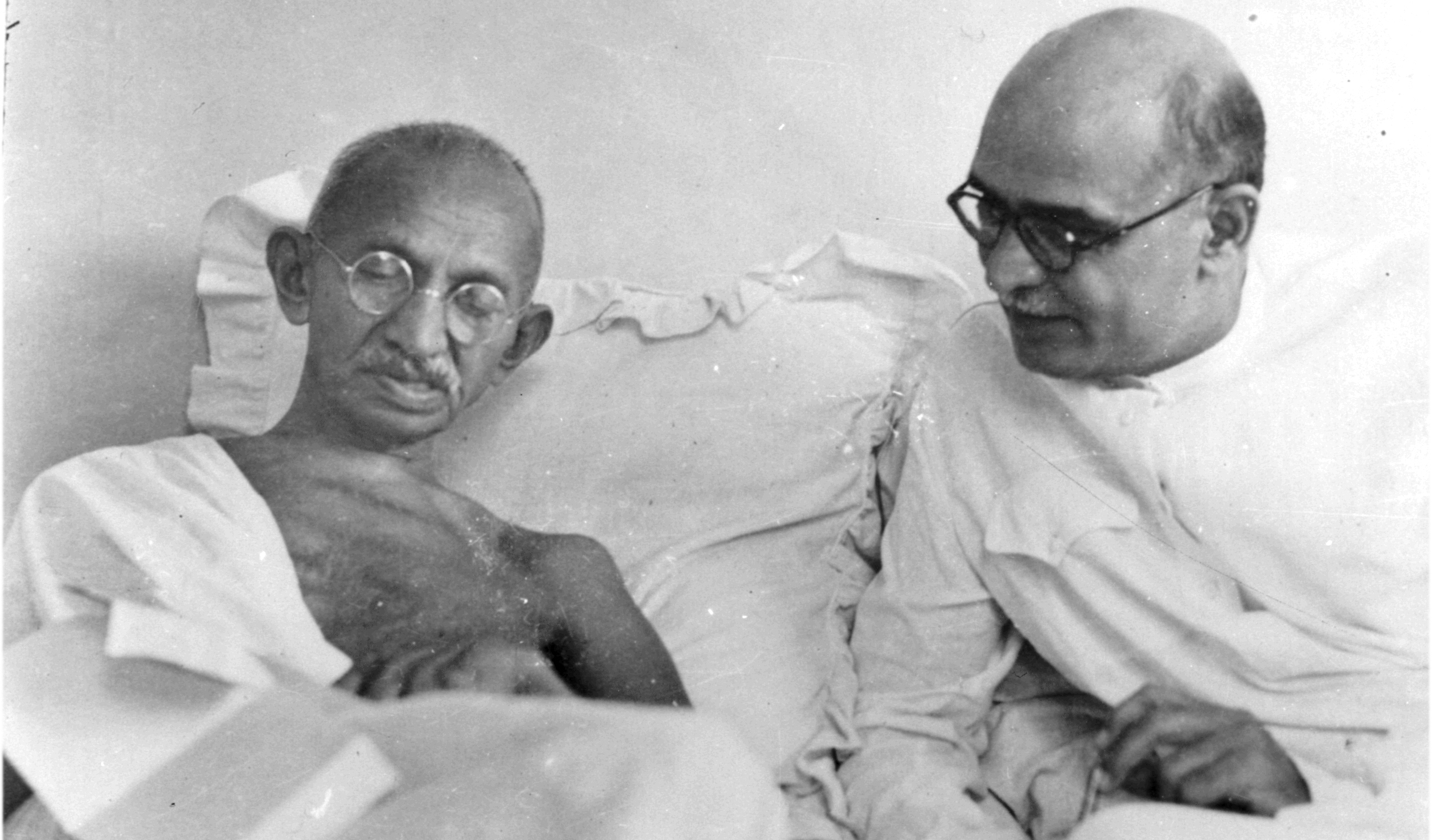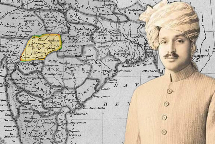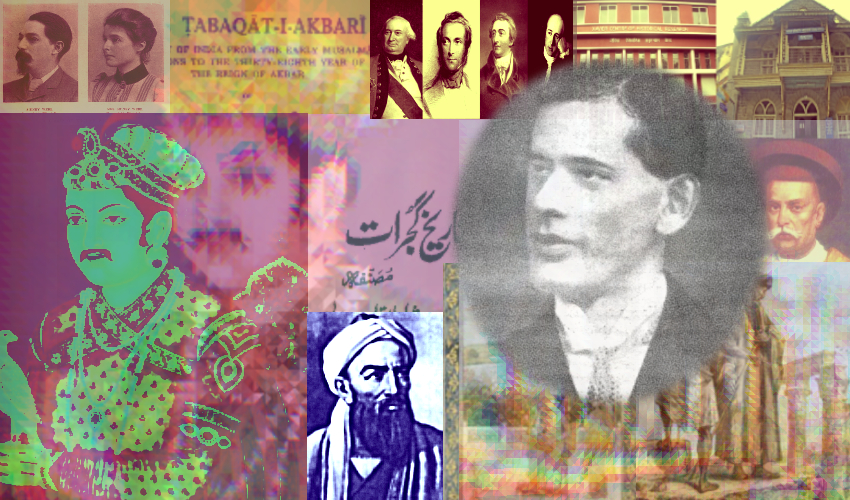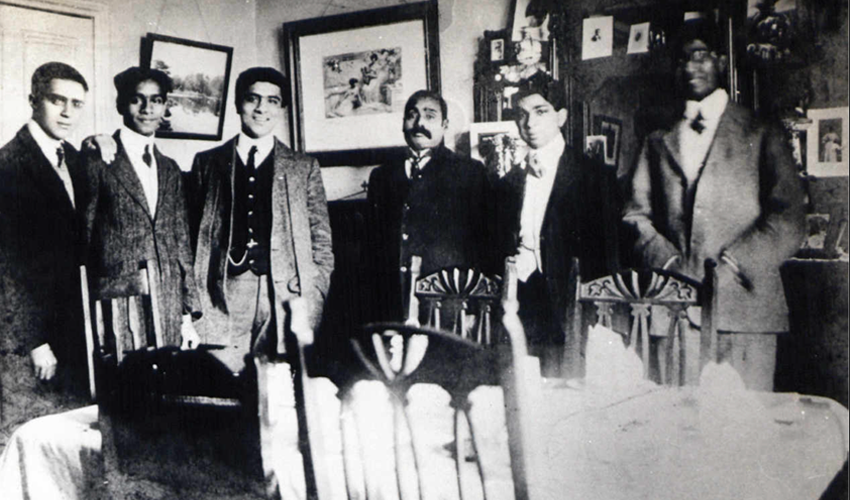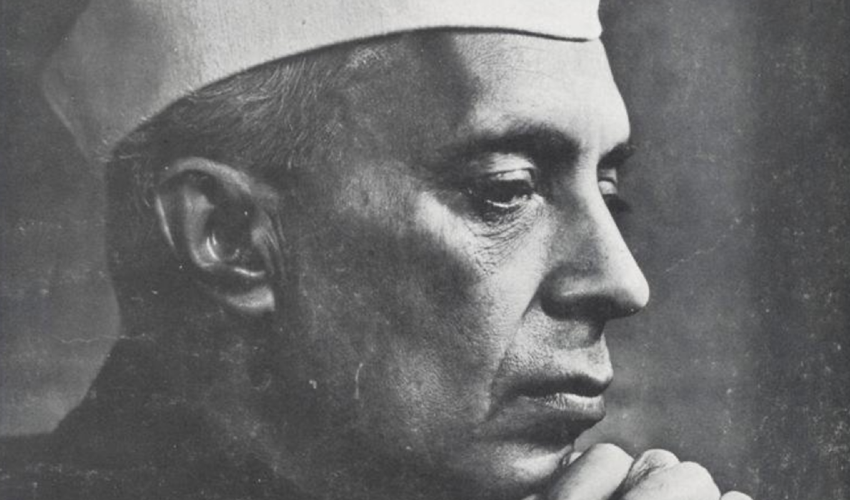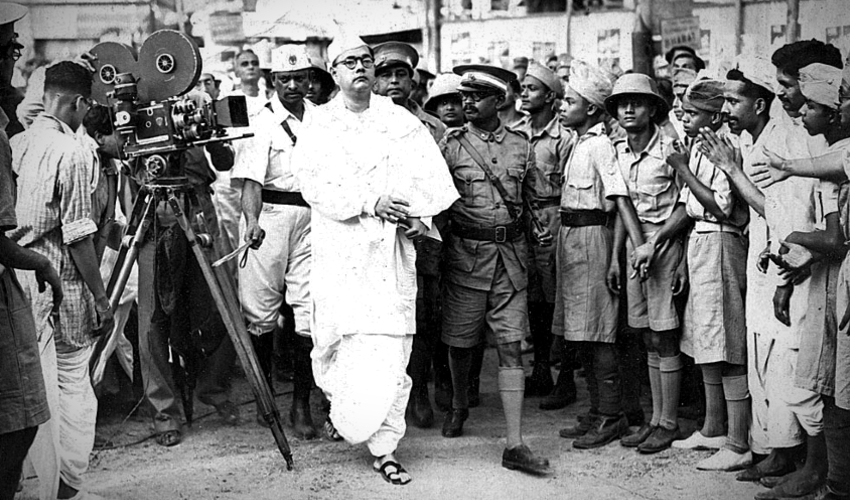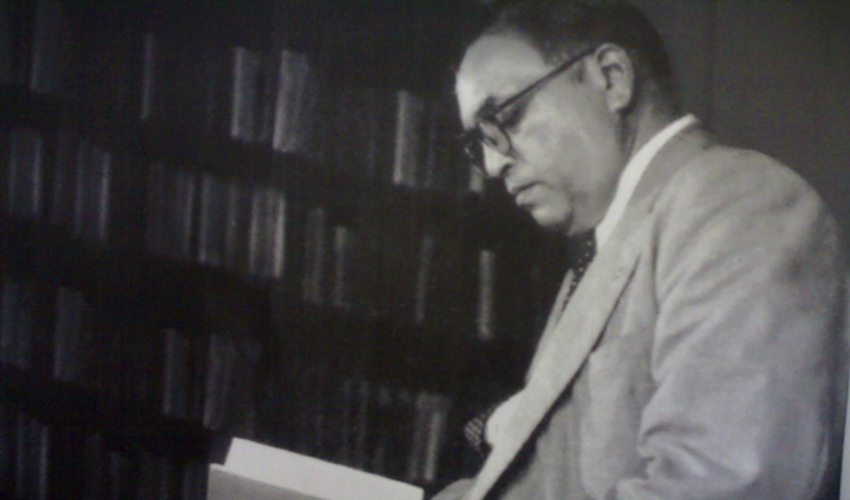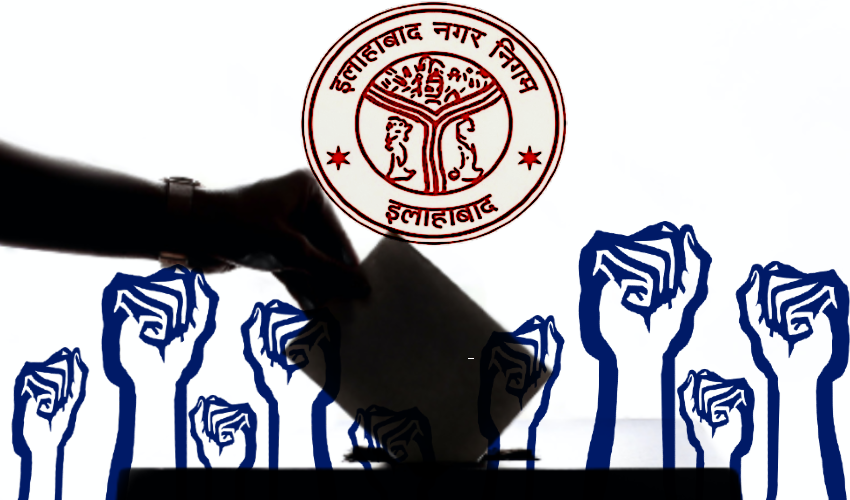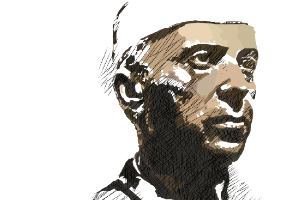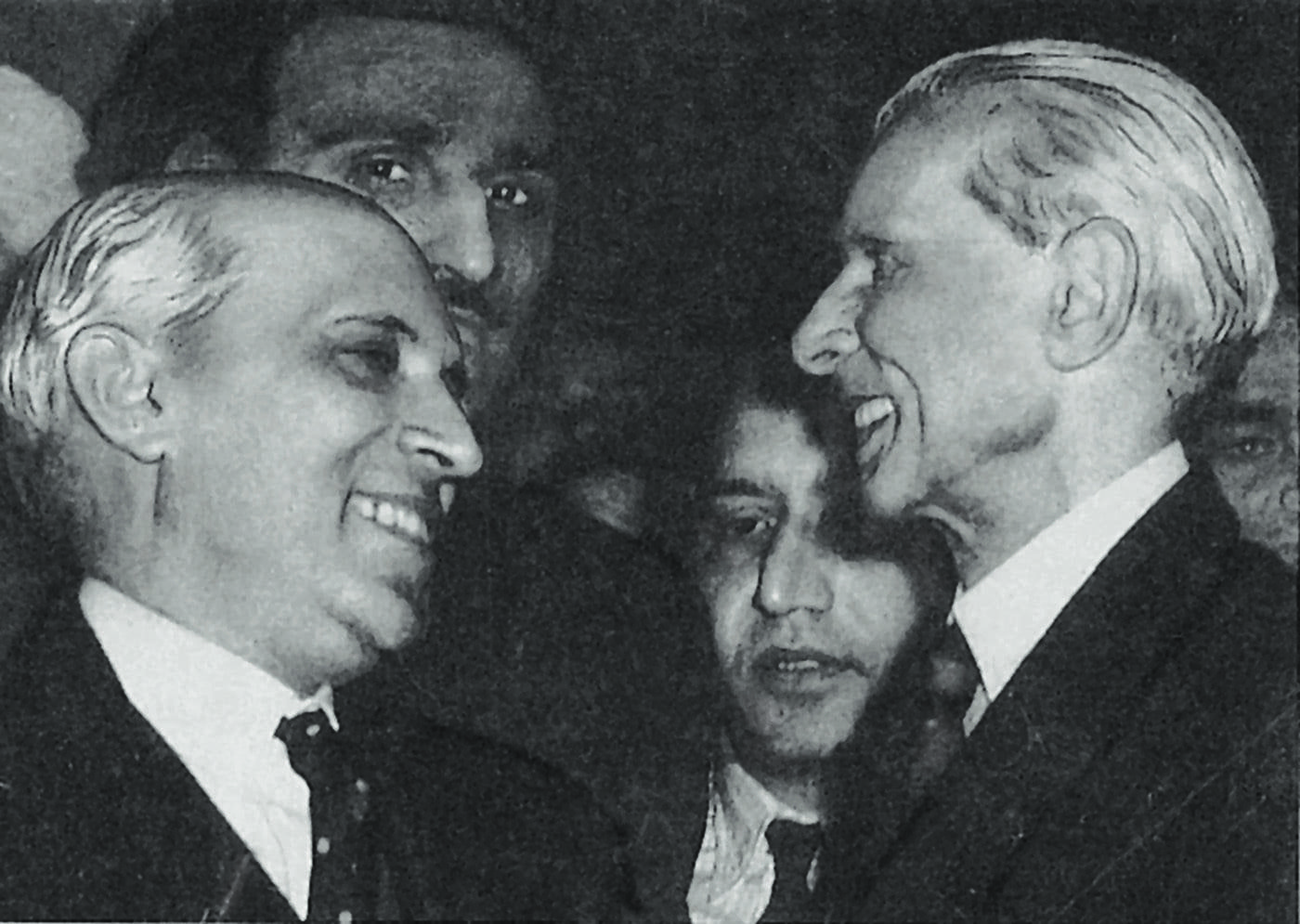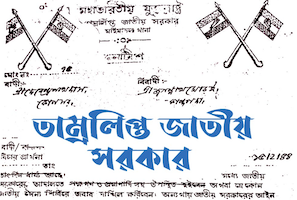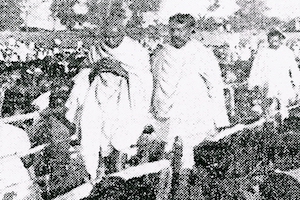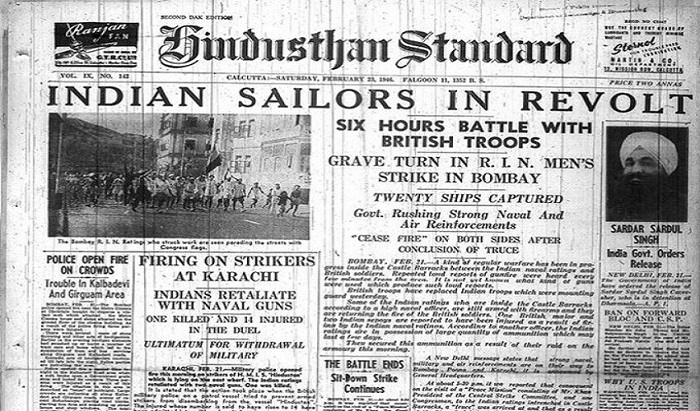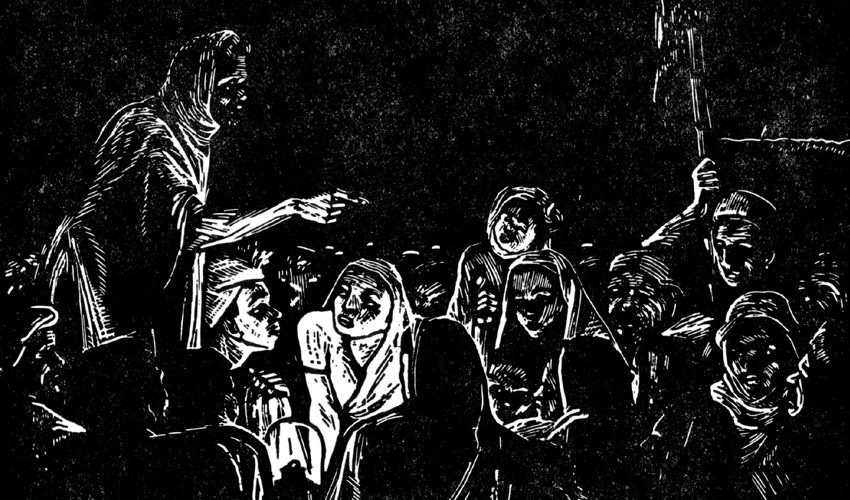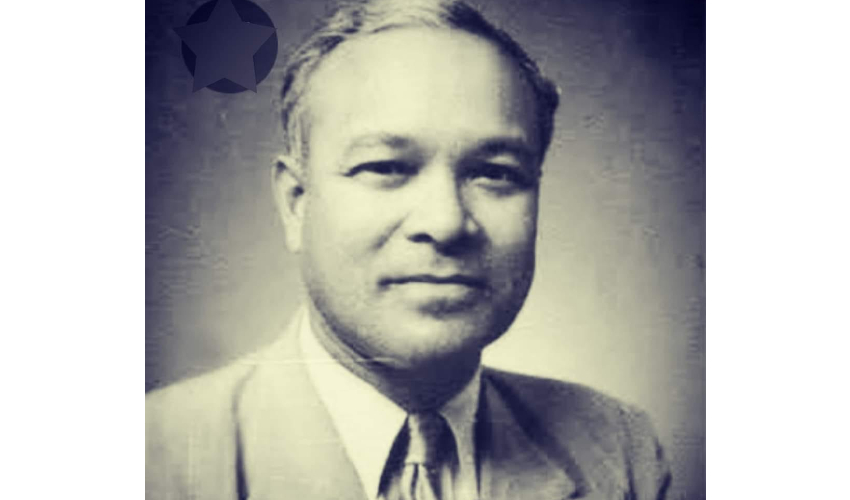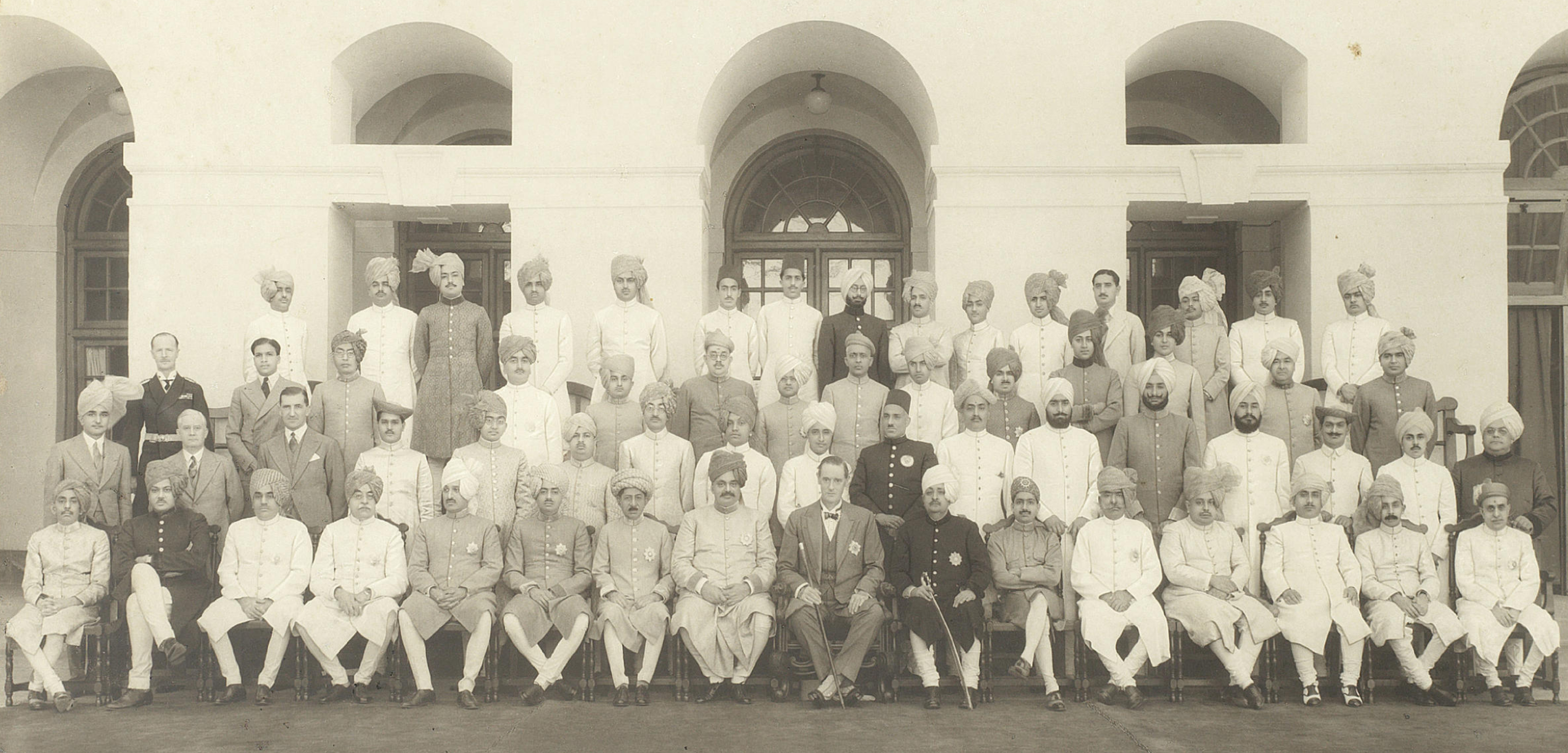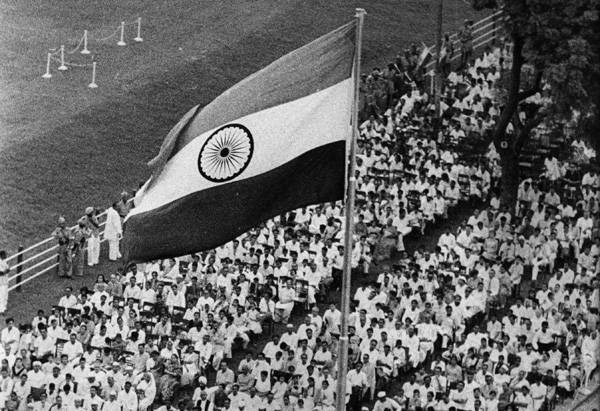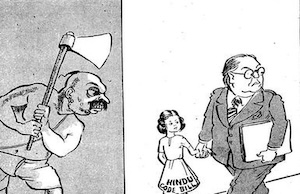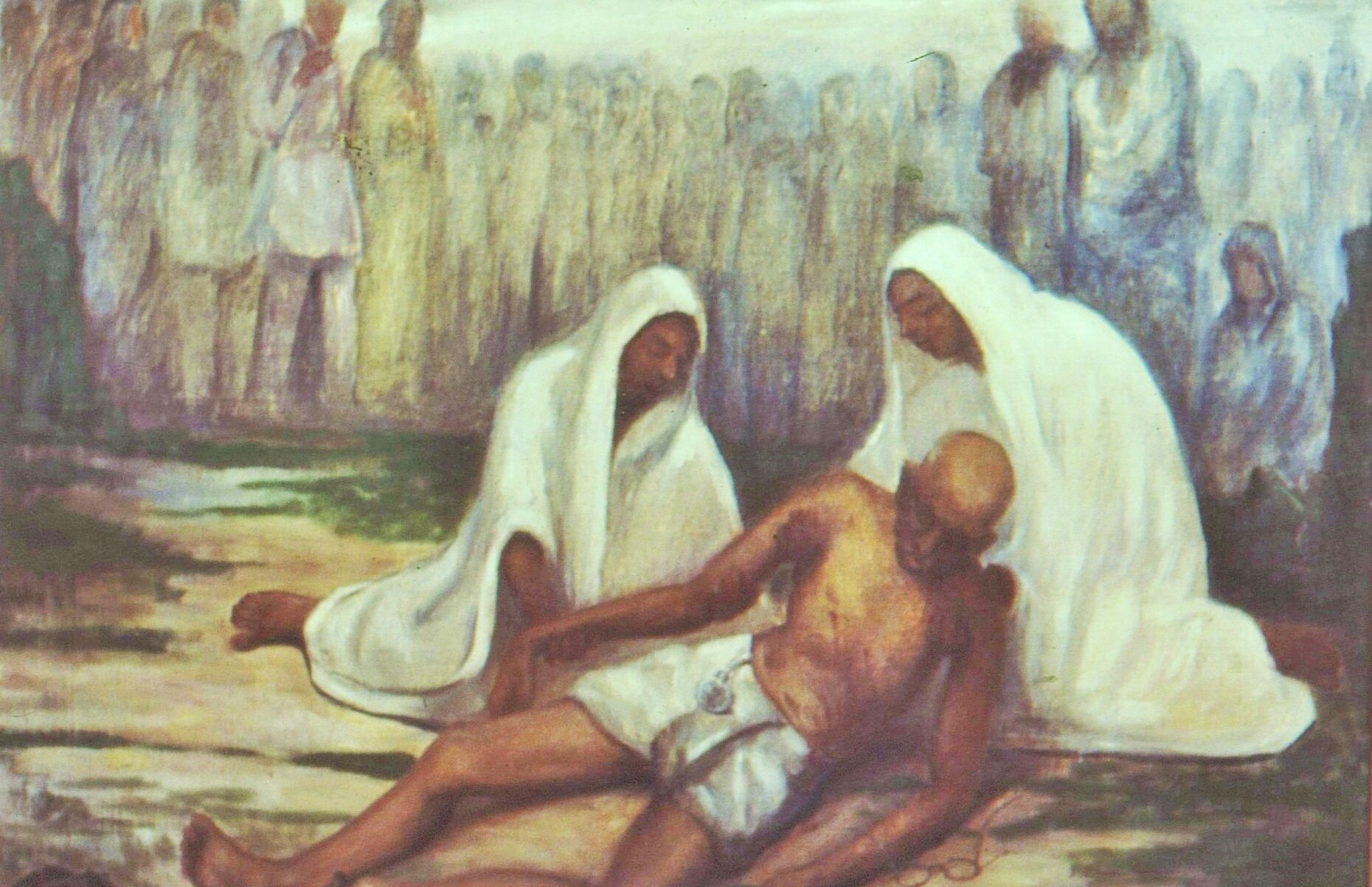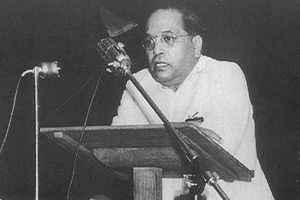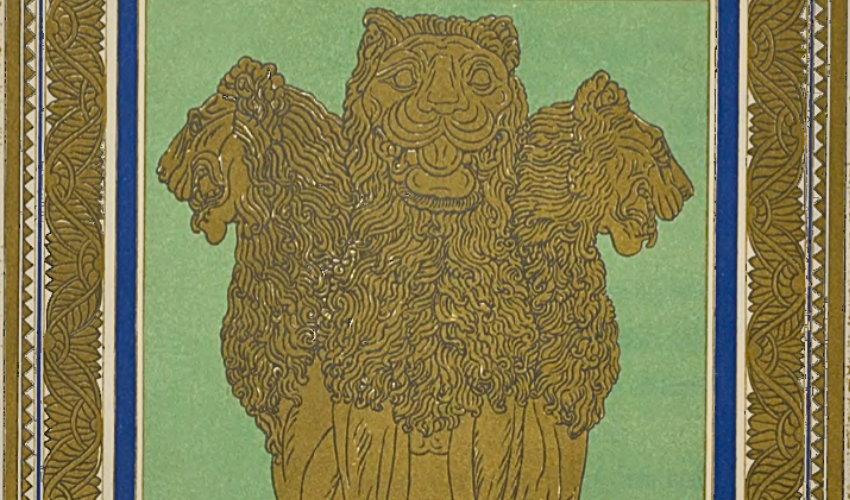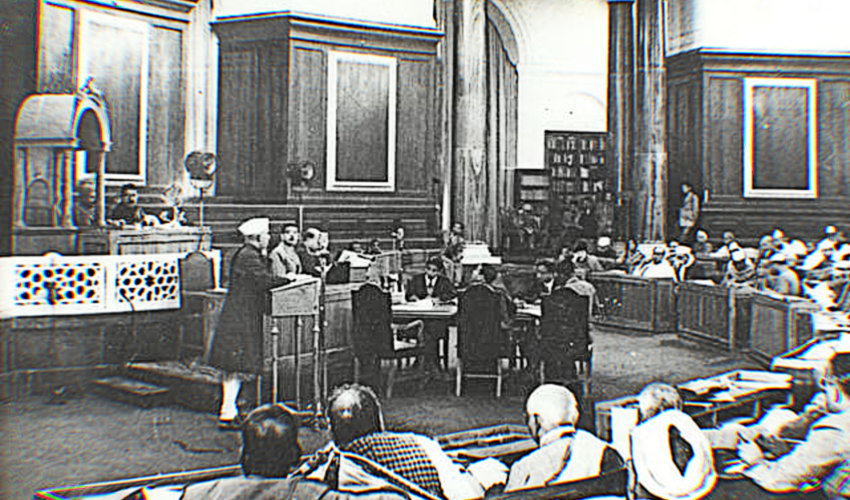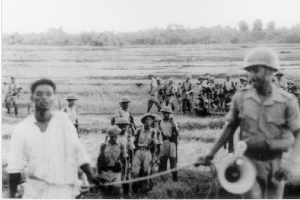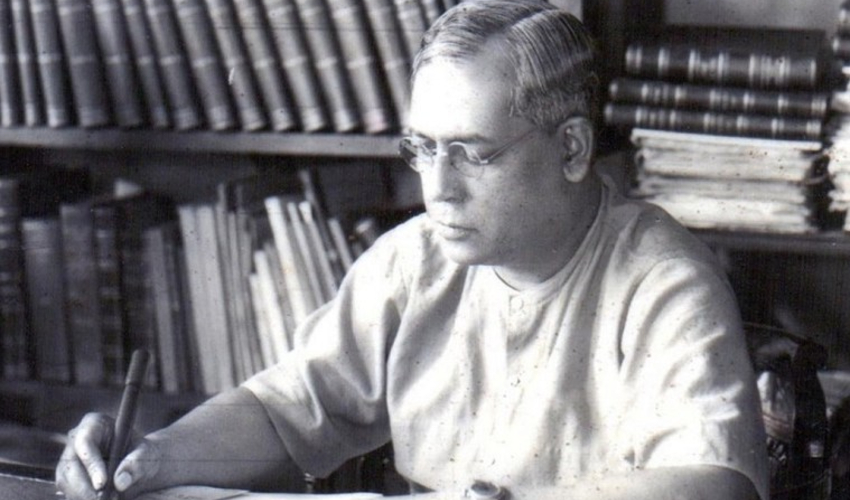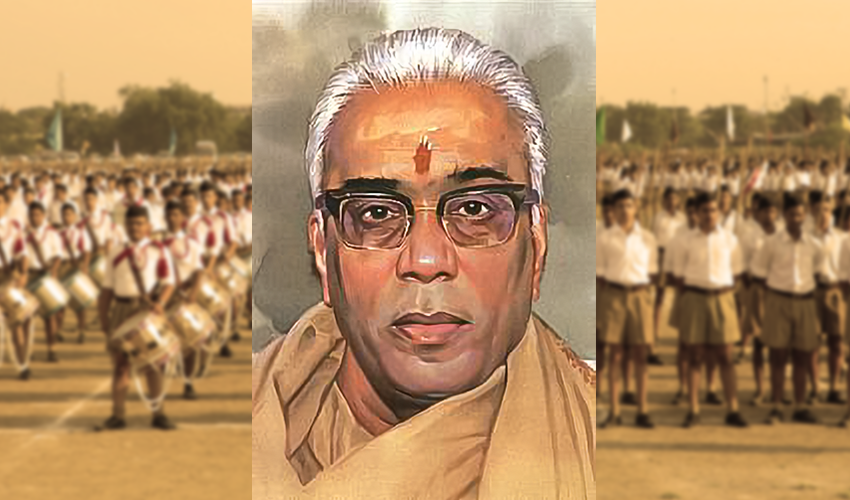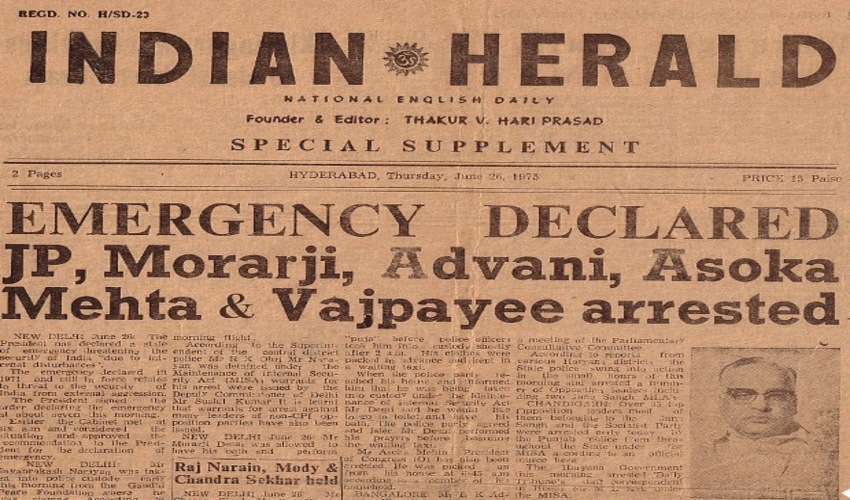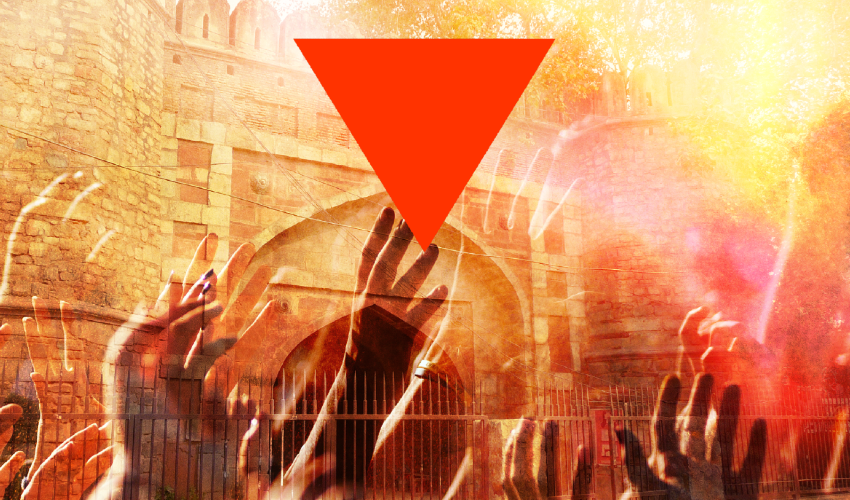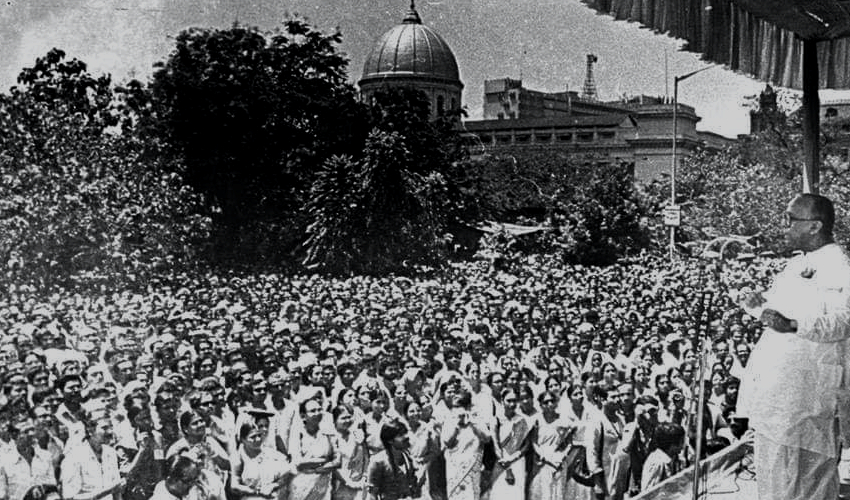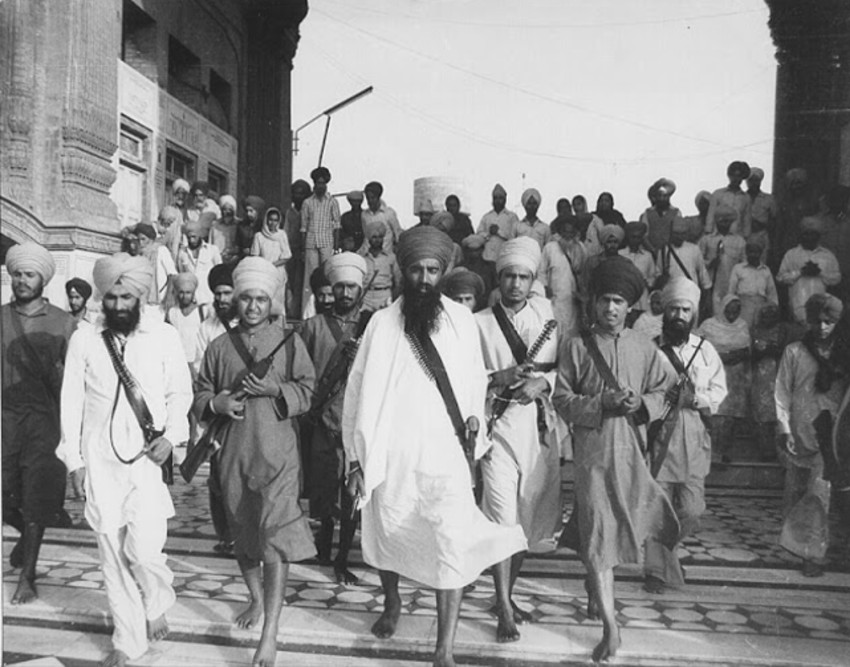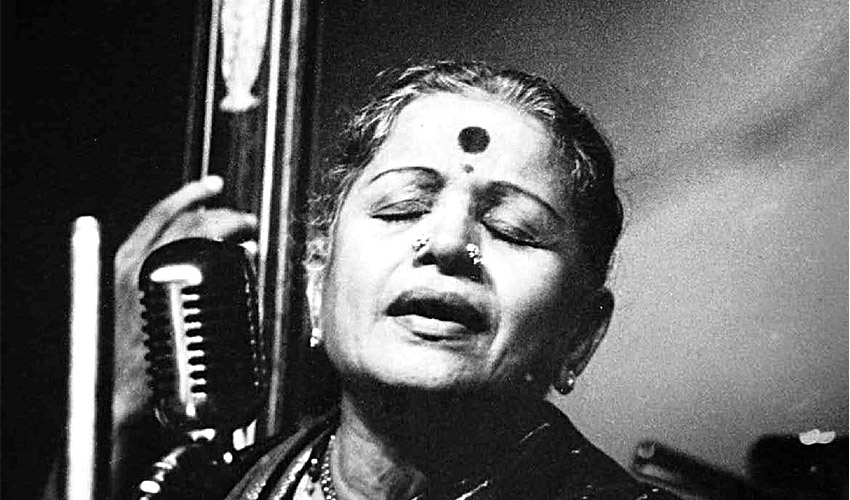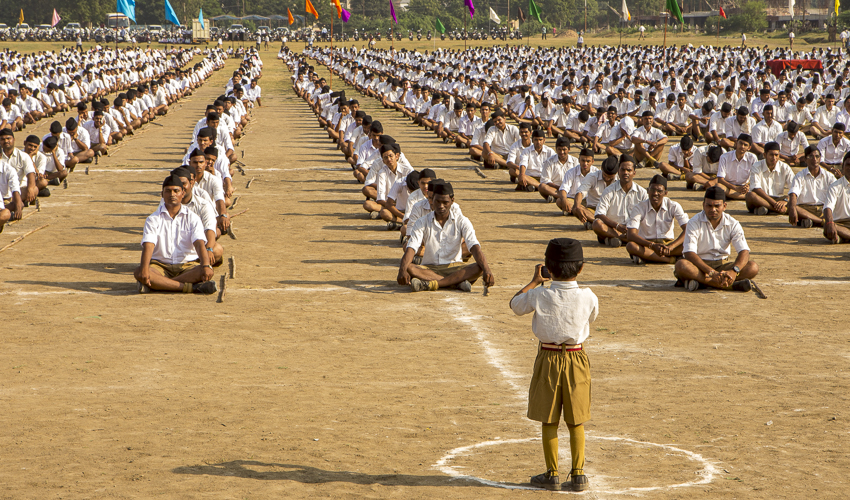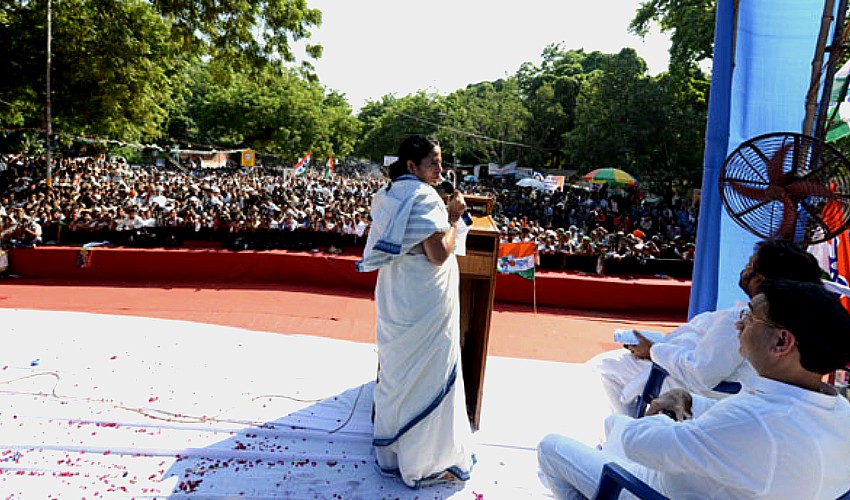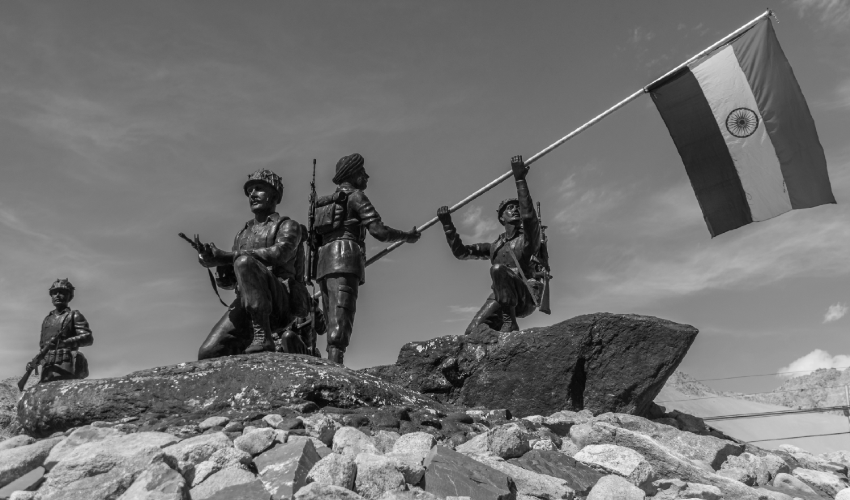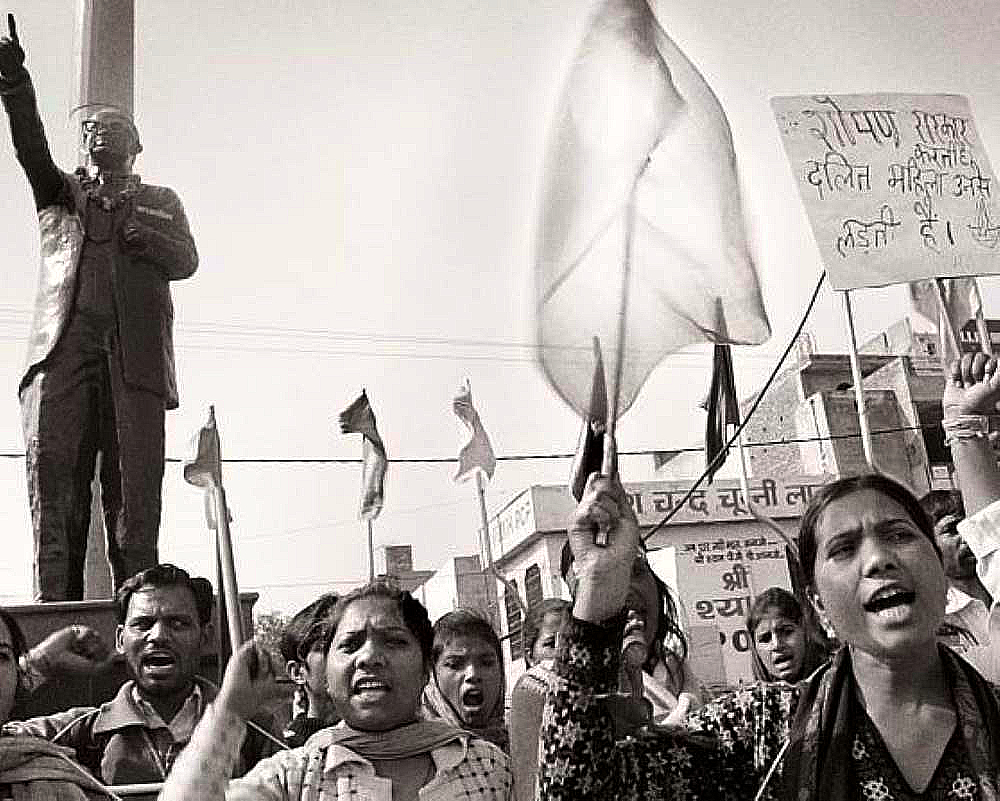ARCHIVE
New Leaders and Their Different Ideologies
After the failure of the non-cooperation movement, the Indian people had lost hope. Communal conflict between Hindus and Muslims wiped out the little resolve that still remained. But once a sense of awakening has come upon a nation, it cannot remain asleep for long. In just a few days, the public is back on its feet and ready for battle. Today, India is full of life and vigour again; it is awake. We may not see clear signs of a great mass movement, but the ground is certainly being prepared for it. Many new leaders with a modern sensibility are emerging. Young leaders are at the forefront this time, and youth movements are proliferating. Only young leaders are commanding the attention of patriotic-minded Indians. Even the tallest veteran leaders are being left behind.
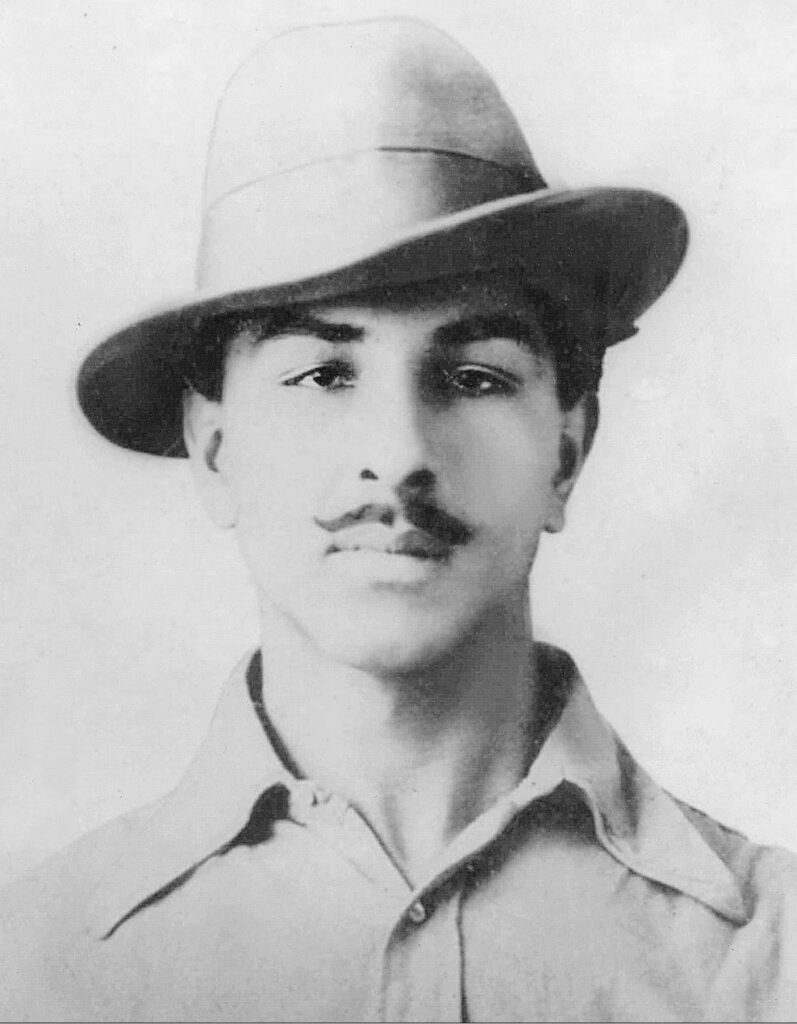
Bhagat Singh
Many new leaders with a modern sensibility are emerging. Young leaders are at the forefront this time, and youth movements are proliferating. Only young leaders are commanding the attention of patriotic-minded Indians.
The leaders who have gained prominence this time are the venerable Subhash Chandra Bose of Bengal and the eminent Pandit Jawaharlal Nehru. These are the two leaders who appear to be rising above all others in India and involving themselves in youth movements in particular. They are both uncompromising champions of Indian independence; both intelligent and genuine patriots. And yet, their ideologies are as different as night and day. One is believed to be a devotee and proponent of India’s ancient culture and the other a committed follower of western civilization. If one is regarded as tender-hearted and sensitive, the other is spoken of as a quintessential revolutionary. Our attempt in this essay will be to present their respective ideologies before the public, so that people understand the difference between the two and make up their own minds.
But before we examine the ideas of these two leaders, it is important to mention another who is a champion of independence just as they are, and is also a prominent figure in certain youth movements. Sadhu Vaswani may not be as well known as the leading lights of the Congress, he may not occupy a special place in the country’s political arena, yet his influence is apparent among the youth, who will shape the country’s future. The organization Sadhu Vaswani founded — Bharat Yuva Sangh — has a particular hold on young Indians. Vaswani’s ideology can be summed up in a single phrase: back to the Vedas. This call was first given by the Arya Samaj. It is based on the belief that the Almighty has poured all the knowledge of the world into the Vedas. No progress is possible beyond them. Therefore, the world has not and cannot achieve anything greater than the wonders our very own India had achieved in the ancient past! So that is the entire faith of people like Vaswani. Which why he says:
“Up until now, our politics has either considered Mazzini and Voltaire as its ideals, or it has sought inspiration from Lenin and Tolstoy. This, when they should know that they have far greater ideals in our ancient rishis…”
Vaswani is convinced that once upon a time, our country had reached the final summit of development and today there is no reason for us to move forward at all; we only need to go back to the past.
Vaswani is a poet. Everything about his ideology is poetic. He is also a great practitioner of religious dharma. He wants to establish ‘Shakti-dharma’. He says, ‘At this time we need shakti — power — more than ever. He does not use the word ‘shakti’ only for India. He sees the word as the path and means to a kind of Devi, a special godhead. Like a very emotional poet he tells us:
‘For in solitude have I communicated with her, our admired Bharat Mata and my aching head has heard voices saying — “The day of freedom is not far off.” Sometimes indeed a strange feeling visits me and I say to myself: Holy, holy is Hindustan. For still is she under the protection of her mighty Rishis and their beauty is around us, but we behold it not.’
It must be the poet’s lament that makes him declare, over and over like a man deranged or distracted: ‘Our mother is the greatest. She is the mightiest. No one alive can vanquish her!’ In this fashion, driven purely by emotion, he ends up saying things like this: ‘Our national movement must become a purifying mass movement, if it is to fulfill its destiny without falling into class war one of the dangers of Bolshevism.’
He believes that all one needs to do is to say — ‘Go among the poor, go to the villages, give them free medicines’ — and our mission is accomplished. He’s a romantic poet. His poetry can offer no special purpose, it can only excite the heart a little. In fact, he has no vision to offer, except great noise about our ancient civilisation. He gives nothing to young minds. His only aim is to fill every heart with plain emotion. He has obvious influence among the youth, and it is growing. His ideas are regressive and patchy, as we’ve seen above. Such ideas have no direct connection with politics, and yet they have a significant effect. Mainly because it is the youth who are the future, and it is among them that such ideas are being propagated.
The leaders who have gained prominence this time are the venerable Subhash Chandra Bose of Bengal and the eminent Pandit Jawaharlal Nehru. These are the two leaders who appear to be rising above all others in India and involving themselves in youth movements in particular. They are both uncompromising champions of Indian independence; both intelligent and genuine patriots. And yet, their ideologies are as different as night and day.
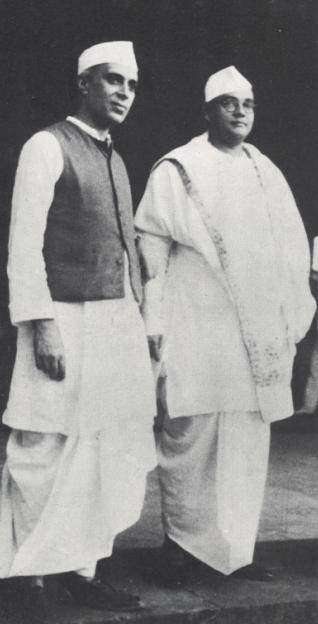
Jawaharlal Nehru with Subhas Chandra Bose
Let us now return to Subhash Chandra Bose and Jawaharlal Nehru. During the last three months, they have both chaired many conferences and put their thoughts and ideas before people. The government considers Subhash Babu a member of the group that is committed to overthrowing it, for which reason it had charged and imprisoned him under the Bengal Act. Upon his release, he was chosen as the leader of the Extremist group [of the Congress]. He espouses Purna Swaraj [complete independence], and argued for this in his presidential address at the Maharashtra session [of the Congress].
Pandit Jawaharlal Nehru is the son of the Swaraj Party leader Motilal Nehru. He is a barrister, and a very learned man. He has travelled to Russia and other countries. He is also a leader of the Extremist group, and it was due to his efforts, and those of his fellow leaders, that the resolution for Purna Swaraj was passed and adopted at the Madras session. Before this, he had spoken emphatically in favour of Purna Swaraj at the Amritsar session.
And yet, the two leaders are poles apart in their thinking. Reading the transcripts of their speeches at the Amritsar and Maharashtra sessions, this difference was apparent to us. But the difference became clear as daylight after a speech delivered in Bombay. Pandit Nehru was chairing the conference and Subhash Bose made a speech. He is a very emotional Bengali. He began his address with the statement that India has a special message for the world. It has a lesson in spirituality for humanity. And then he launched into his speech like a man in the grip of disorienting emotion — ‘Behold the Taj Mahal on a moonlit night and think of the vision of that heart that imagined it. Recall that a Bengali novelist has written that “our flowing tears hardened into stone within us”. Bose also declares that we should return to the Vedas. In his Poona [Congress session] address, he had expounded on ‘nationalism’ and said that internationalists criticize nationalism as narrow, chauvinistic ideology, but that this is a mistake. Indian nationalist thought, according to him, is nothing of the kind. It is not chauvinistic. It is not born of self-interest, and it is not oppressive, because at its root is the philosophy of Satyam Shivam Sundaram — Truth is bountiful and beautiful.
The same old romanticism. Pure emotionalism. And [like Vaswani], Bose too has great faith in his ancient past. He sees only greatness in this ancient era. In his thinking, there’s nothing new in the system of panchayati raj, or the rule of the people, which he says is very old in India. He goes so far as to say that Communism isn’t new to India either. Anyway, that day in Bombay, he went on long and hard about India’s special message for the world.
Pandit Jawaharlal Nehru, like many others, holds an entirely different view: ‘Every country thinks it has a special message for the world. England has arrogated to itself the right to teach the world culture. I don’t see anything special that belongs to my country alone. But Subhash Babu has great belief in such things!’ Nehru also says, ‘Every youth must rebel. Not only in the political sphere, but in social, economic and religious spheres also. I have not much use for any man who comes and tells me that such and such thing is said in the Koran. Everything unreasonable must be discarded, even if they find authority for it in the Vedas and the Koran.’
One man thinks our old systems are very superior; the other man believes we should rebel against these systems. Yet the latter is called emotional, sensitive, and the former a transformative revolutionary!
These are the thoughts of a true revolutionary, while Subhash Chandra’s are the thoughts of someone who wants to replace one regime with another. One man thinks our old systems are very superior; the other man believes we should rebel against these systems. Yet the latter is called emotional, sensitive, and the former a transformative revolutionary! At one point Pandit Nehru says:
“To those who still fondly cherish old ideas and are starving to bring back the conditions which prevailed in Arabia 1300 years ago or in the vedic age in India, I say that it is inconceivable that you can bring back the hoary past. The world of reality will not retrace its steps, the world of imagination may remain stationary.”
This is why it feels necessary to revolt.
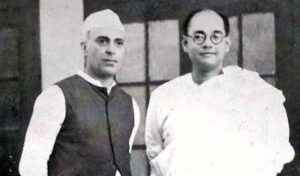
Jawaharlal Nehru and Subhash Chandra Bose
Subhash Babu supports Purna Swaraj, complete independence, because the British are people of the West and we are of the East. Pandit Ji’s position is that we need to establish our own rule so that we can change the entire social structure. This is why we must have complete and absolute independence.
Subhash Babu is in sympathy with labour, the working class, and wants to improve their condition. Pandit ji wants to bring in revolution and change the existing system altogether. Subhash Chandra is emotional and romantic — he is giving the young food for their hearts, and only their hearts. The other man is an epochal change — maker who is fuelling not just the heart but also the mind:
“They should aim at Swaraj for the masses based on Socialism. That was a revolutionary change which they could not bring about without revolutionary methods… Mere reform or gradual repairing of the existing machinery could not achieve the real, proper Swaraj for the general masses.”
Subhash Babu feels the need to focus on national politics only as long as it is necessary to safeguard and promote India’s position in world politics. But Pandit ji has freed himself of the narrow confines of plain nationalism and emerged into an open field.
Subhash Babu feels the need to focus on national politics only as long as it is necessary to safeguard and promote India’s position in world politics. But Pandit ji has freed himself of the narrow confines of plain nationalism and emerged into an open field.
Now the ideas of the [two] leaders are before us. Which way should we incline? One Punjabi newspaper has heaped praise upon Subhash Chandra and said of Pandit ji and others that such rebels destroy themselves beating their heads against stone. We must of course remember that Punjab has always been a rather emotional province. People’s passions here rise very quickly and just as quickly subside, like foam.
Subhash Chandra doesn’t appear to be providing any intellectual nourishment, only food for the heart. The need of the hour now is for the youth of Punjab to understand and strengthen revolutionary ideas. At this time, Punjab needs food for the mind, does not mean we should become his blind followers. But as far as ideas are concerned, the young people of Punjab should align themselves with him, so that they can know the true meaning of revolution, realize the need for a revolution in India, understand the significance of revolution in the world at large, and so on Through serious thought and analysis, the youth should bring clarity and conviction to their ideas, so that even in times of very little hope, times of disillusionment and defeat, they should not lose direction, stand tall and strong against a hostile world and not give up. This is how the public will achieve the goal of revolution.
— Bhagat Singh
This is a translation of Bhagat Singh’s ‘Naye Netaaon ke Alag Alag Vichar’ in the July 1928 issue of the journal Kirti. This translated version has been carried courtesy the permission of Purushottam Agrawal.
You can buy Who is Bharat Mata? On History, Culture and the Idea of India: Writings by and On Jawaharlal Nehru here.
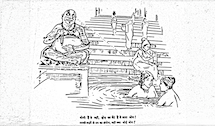
In the colonial period, the threat of the lecherous male gaze was used by the new patriarchy to restrict access to employment and public space for women, maintaining a patriarchal division of labour. Read how this process unfolded in our newest excerpt.
Saurav Kumar Rai
__
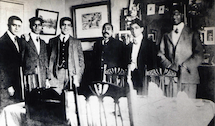
Was Lala Lajpat Rai's Hindu nationalism congruent with the principles of secularism? Explore our latest excerpt from Vanya Vaidehi Bhargav's fresh off-the-press book - Being Hindu, Being Indian: Lala Lajpat Rai's Ideas of Nation for more.
Vanya Vaidehi Bhargav
__
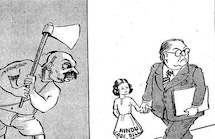
Popularly, we think that political cartoons question the powerful but what if this was not the case? What if political cartoons, replicated structures of the socially dominant? Read how in our new excerpt on political cartoons featuring Dr. Ambedkar.
Unnamati Syama Sundar
__

On Martyrs' day 2024, read the poet Sarojini Naidu's tribute to Gandhi given over All India Radio two days after his assassination.
Sarojini Naidu
__
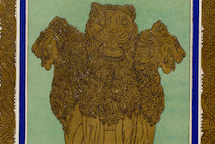
On Republic Day, the Indian History Collective presents you, twenty-two illustrations from the first illustrated manuscript (1954) of our Constitution.
Indian History Collective
__
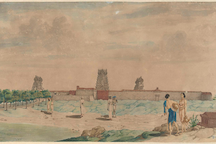
One of the key petitioners in the Ayodhya title dispute was Bhagwan Sri Ram Virajman. This petitioner was no mortal, but God Ram himself. How did Ram find his way from heaven to the Supreme Court of India to plead his case? Read further to find out.
Richard H Davis
__
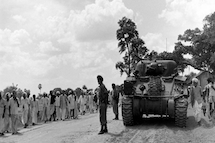
Labelled "one of the shortest, happiest wars ever seen", the integration of the princely state of Hyderabad in 1948 was anything but that. Read about the truth behind the creation of an Indian Union, the fault lines left behind, and what they signify
Afsar Mohammad
__
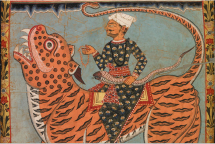
How did Bengal get a large Muslim population? Was it conversion by ruling elites was there something deeper at play? Read Dr. Eaton's classic essay to find out.
Richard Eaton
__
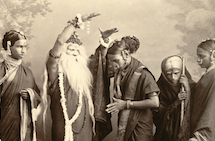
An excerpt from Shailaija Paik's new book 'Vulgarity of Caste' that documents the pivotal role Tamasha (the popular art form) has played in reinforcing and producing caste dynamics in Marathi society.
Shailaja Paik
__
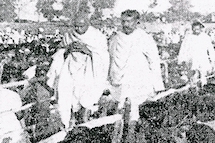
In 1942, two sub-districts in Bengal declared independence and set up a parallel government. The second part of our story brings you archival papers in the form of letters, newspaper reports, and judicial records documenting this remarkable movement.
Indian History Collective
__
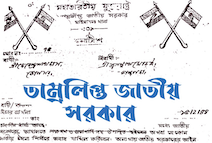
In 1942, five years before India was independent, two sub-divisions in Bengal not only declared their independence— they also instituted a parallel government. The first in a new series.
Indian History Collective
__
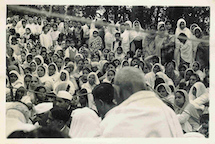
In his own words, read Mohandas Karamchand Gandhi's views on the proselytising efforts taken on by the organisations such as Arya Samaj, Tabhligi Jamaat, and the Church Missionary Society of England.
Mohandas Karamchand Gandhi
__


